Ep. 155: Board Meetings | Art of the Side Goal
Not all goals need to be major, far off events. Not all goals need to lead you directly toward those major goals. Sometimes it's perfectly ok - even encouraged - to have a side goal.
FULL EPISODE TRANSCRIPT:
Kris Hampton 00:31
What's up everybody? I'm your host Kris Hampton.
Nate Drolet 00:34
And this is Nate Drolet.
Kris Hampton 00:35
And together we form Brandi Chastain and Mia Hamm.
Nate Drolet 00:42
Yes.
Kris Hampton 00:42
Do you know who these people are?
Nate Drolet 00:43
Soccer player
Kris Hampton 00:45
Right. You said "player" as if you don't know who the other is.
Nate Drolet 00:49
I don't know who the first one was.
Kris Hampton 00:50
Haha. They're both soccer players.
Nate Drolet 00:52
I assumed as much but didn't want to fall into that trap.
Kris Hampton 00:55
You know why we're, why we're them today?
Nate Drolet 00:58
Becauze US women's soccer is pretty awesome.
Kris Hampton 01:01
That that was the incorrect answer, though true.
Nate Drolet 01:04
Okay.
Kris Hampton 01:05
It's because I'm talking about GOALS!
Nate Drolet 01:07
Oh my god. How did I?.... It was a dad joke.
Kris Hampton 01:11
Hahaha. You blew it. I served it up for you.
Nate Drolet 01:16
I know.
Kris Hampton 01:16
No goal for Nathan.
Nate Drolet 01:19
Do you know what you call a bear that got stuck out in the rain? A drizzly bear.
Kris Hampton 01:24
Ha. Jesus Christ. Hahaha......I'm too logical for dad jokes. I can't....they don't work for me. I can't figure them out. If they were like, brain teasers that made sense and were logical, I'm in. Dad jokes? No. I can't do it
Nate Drolet 01:45
More for me.
Kris Hampton 01:47
All right, we're talking about.....first off, let's let's tell people what we're doing here, because you just got to Lander,
Nate Drolet 01:57
Yep.
Kris Hampton 01:58
Not that these go out in a linear fashion. You know what, these don't go out in a linear fashion. Wait, this might this might go out like two years from now. We really have no fucking idea whatsoever.
Nate Drolet 02:08
Yeah
Kris Hampton 02:08
So let's just not do that anymore. Let's just jump into the damn thing.
Nate Drolet 02:12
Let's not talk about anything that we're doing?
Kris Hampton 02:13
Yeah, we can do that in other episodes.
Nate Drolet 02:16
Yeah
Kris Hampton 02:16
That we know we're gonna put out quickly, ones that are really inflammatory and are going to piss people off because I can't wait to get those out.
Nate Drolet 02:23
Perfect yeah
Kris Hampton 02:23
So. So yeah, let's just jump into this thing. The art of the side goal. That's what we're talking about here. I almost said Jay-Z and Beyonce because Jay-Z had a side chick, but I didn't know if you'd make those connections
Nate Drolet 02:38
I would not have
Kris Hampton 02:40
Side goal it is. What is a side goal?
Nate Drolet 02:44
It is a non-obvious goal. So, rather than just
Kris Hampton 02:49
Like a route that's hard to see?
Nate Drolet 02:50
Yeah. So rather than simply, most people think of goals as "This big route that I want to do", or even a grade like, "I want to climb 5.12", or "I want to do this 13c", things like that.
Kris Hampton 02:59
Right
Nate Drolet 03:08
Those are when most people think of goals in climbing, it's along those lines. So a side goal is everything that kind of falls on either side of that spectrum. So this could be number of routes, it could be certain styles of routes, it could be just how many days you get outside.
Kris Hampton 03:26
Yeah, and this is a little different than a mini goal or short term goal in that both of those things should ideally sort of lead you into a bigger goal, or at least a short term goal is definitely something you can do quickly. Many goals often are, you have a big goal, and then you plot mini goals along the way that will help you reach your big goal. And these aren't necessarily that.
Nate Drolet 03:54
Yeah
Kris Hampton 03:54
These are just other things.
Nate Drolet 03:56
Yeah, they they definitely can. They can help lead you to your overall goal or like long term development. But they can also just be things that are fun, things that are on the side and yeah, ideally, hopefully, things that are helping with long term development.
Kris Hampton 04:13
Yeah, and I think that's really important. Like, these are goals that can really help you get out of your comfort zone. We get, we get trapped into our norm, like we are projecting or we're just going out doing volume, or whatever it is, that is our normal go to thing. I don't see that many people who switch it up often. And these sorts of goals can really help you break out of that, as long as you're creating them in the right ways. You know, and breaking out of that is just a great way to learn. I mean, that's one of the key components of learning is getting out of your comfort zone. So these are a great way to do that. How do you decide on one of these side goals? Like, does it....do you feel like for you, they should relate to your, your big goals?
Nate Drolet 05:13
Um, for me, it's typically I look more long term.
Kris Hampton 05:19
Yeah
Nate Drolet 05:20
Sometimes it can be. It can be just completely direct towards these are the things that like, these are my kind of accessory goals, leading me towards my big goal. But sometimes it's just things that are really fun.
Kris Hampton 05:35
Yeah
Nate Drolet 05:36
Like things that are fun, things that are just a little bit different. Like I've had plenty of times where I've just had friends who were excited on something and they're like, "Oh, I want to go, you know, start sport climbing one day a week through the summer, even though I would normally be training or something".
Kris Hampton 05:52
Yeah.
Nate Drolet 05:52
And they're like, "I want to be diligent about doing it". I'm like, "Oh, cool. Like, that would be fun. Let's do it together." And so to me, that would be a side goal of, "Okay, I'm just gonna keep this routine. I'm not necessarily trying to sport climb right now, but this would just be a fun thing to stick with."
Kris Hampton 06:09
Yeah, and I feel like, even though my goal might be, "Climb V12", or "Climb 5.14", or whatever, my ultimate, really long term goal is, "I just want to be a really good complete, all around climber". And, and all of the goals, side goals and main goals, that I've built over time lead me toward that, you know. So, I mean, you don't have to be maniacally focused on just one thing all the time. You can break out of that. And often, it's good to break out of that routine, especially if you're spinning your wheels and banging your head against a project or something like that. It's good to break out of it and get your mind elsewhere.
Nate Drolet 06:57
Yeah
Kris Hampton 06:57
You know, get your body doing something else. When did you start making side goals? How early in your climbing did that begin?
Nate Drolet 07:06
I don't know, I think fairly early. Just because it seemed...early on, I remember someone just saying how valuable it was to onsight. I was like, oh, like I had never tried onsighting with sport climbing. And so I was like, actually, I think before that even it was hanging my own draws. So going out, because I had always gone out with people stronger than me.
Kris Hampton 07:33
Yeah.
Nate Drolet 07:33
And so it was always really easy to just kind of like lay back. Let them hang the draws and then I'd clean up from there.
Kris Hampton 07:40
Yeah some Texas diva stuff.
Nate Drolet 07:41
Oh yeah.
Kris Hampton 07:42
Hahaha
Nate Drolet 07:44
And so for me a side goal at one point was, "I want to hang my own draws". Like, I want to go out and I want to be the one being the first one to lead the pitch all the time. And this was something that, you know, like in the grand scheme, it was gonna make me a better climber, more confident, for sure. But, you know, that wasn't necessarily like, "Oh, this is what's gonna make me climb 5.12 tomorrow". Like, it's just, you know, this was something that, for me seemed important and made me a little uncomfortable.
Kris Hampton 08:11
Yeah, I think I think mine started....like, the idea got planted in my head the first day I climbed outside. Because it was at Military wall and there's a wall of 5.12s there.
Nate Drolet 08:26
Yeah.
Kris Hampton 08:26
And I remember someone saying that they wanted to climb the whole wall, like, "I want to do all the twelves on this wall." I was like, "Oh, that's cool", you know. And then I looked in the guidebook and at Roadside there's a wall of 5.10s and I'm like, "Oh, that's my goal. Like, I want to go climb all of these 5.10s".
Nate Drolet 08:44
That's awesome. Yeah.
Kris Hampton 08:45
So I think that that's where the idea got planted for me. And then it became this, this crazy thing, and I bet I still have notebooks upstairs that I made a bunch of side goals in and these like Red River challenges. And Ray and I tried one one time. All the others just got written up and no one ever tried them. But like the one Ray and I tried was when we were, we were trad climbing. We had both been climbing 5.11 really solid. I think we had both done 5.12 at that point. And the challenge I came up with was climb a 5.10 and a 5.11 trad route at I don't remember how many different crags. I think six six different crags in the Red in a day. And it was just a bunch of hiking and a bunch of driving and a bunch of logistics.
Kris Hampton 09:40
And I remember us like poring over the papers of like all these logistics, like which crags are we going to, which routes are climbing first, who's leading which pitch, you know. And we ended up, we got rained out on like our fourth crag of the day and we drove have to Stanton to the food court and then we both fell asleep in the food court parking lot and woke up after the food court was closed, which sucked. But but it was cool and I love those those kinds of challenges. I had a I had I almost wanted to talk to Rick Webber about putting like a post in the center of Muir Valley that was like, the official time spot. So that you could start at that post and then you had to go climb, there would be like a 5.10, a 5.11, a 5.12 and a 5.13 version and you had to go to like 10 different crags and climb that grade at each crag.
Nate Drolet 09:40
Yeah
Nate Drolet 10:37
Hell yeah.
Kris Hampton 10:37
And then come back and touch the post and take your time. You know, you could use mountain bikes or whatever form of transportation, you know, human power that you could. If you could hang glide from one crag to the other then great, do it.
Kris Hampton 10:52
You know, and I just think that stuff is super fun and keeps me fit, keeps me psyched, keeps me motivated.
Nate Drolet 10:52
Yeah
Nate Drolet 10:59
Totally.
Kris Hampton 11:00
Yeah. So I think those are, I think side goals are super, super valuable to have, personally. So let's take a quick break. And then we'll come back and we'll go through six of our favorite types of side goals that I think anybody.... is it six? Is that right?
Nate Drolet 11:19
Yeah its six. I was just counting over here
Kris Hampton 11:20
Haha. Okay. And that I think anybody can take and morph into their own thing. Yeah. And create something pretty cool, pretty fun and pretty helpful for them. All right, break.
Nate Drolet 11:34
Break.
Kris Hampton 11:36
What's up everybody? Kris here. Pardon the interruption. I'll keep this short and sweet. Since this podcast started taking off and we've been growing it, you guys have been asking how you can help out. I've got three ways for you. Number one, you can become a patron. That just means you give a monthly donation to the podcast, $1 and up, and you get something in return. And you can check out what those rewards are at patreon.com/powercompanypodcast. Best of all, we'll keep it sponsor and commercial free for you. Number two, you can rate us and review us on iTunes. I know it's a pain in the ass to go to iTunes and do all that, but it really helps us out. At least that's what I'm told by the podcast powers that be. And number three, perhaps the easiest way and the best way to help us out is to share us on your social medias. Anytime you see us post up a new podcast, please share it with your friends, tag people who will really appreciate it or who need to hear the advice that we're giving. Alright, thank you guys and back to the show.
Kris Hampton 12:41
And we have returned. We've got six official different types of side goals here.
Nate Drolet 12:49
Yeah, maybe seven.
Kris Hampton 12:50
Maybe seven.
Nate Drolet 12:51
I might come up with one on the fly.
Kris Hampton 12:52
Oh, shit. I knew that break was too long....He's hiding it. I don't even get to see it.
Nate Drolet 12:58
I'll lay the pen down. He doesn't see it now.
Kris Hampton 13:01
Haha
Nate Drolet 13:02
All right.
Kris Hampton 13:03
All right, our first side goal and this is maybe sort of an obvious one but some people completely skip out on this and I think it's a really, really good one to talk a little bit about. And we should do some bigger episodes about this type of side goal.
Nate Drolet 13:20
Yeah
Kris Hampton 13:20
Eventually too but that's flashing or onsighting. And I want to emphasize that this should be phrased as flash or onsight attempt because if you wrap all of your goals up into "I want to do this specific route and I just want to onsight it", you get one chance. Something goes wrong and you get all up in your feelings then that could tank your whole season, climbing career, mental health and we're not trying to make that happen here at the Power Company Podcas. We want you all to be healthy, fun and excited to climb individuals. And that's why I like the word "attempt" because I've gone through long periods of onsighting, flashing and and I you know if I really want to flash a new grade, I'll give it hell. I'll try really hard, but if I don't, I can't just be super down on myself. I'm more look at "Did I give it a good attempt?", "Where did my process go wrong?". I don't take it personal. So move on to the next one, try the next one with with the new information of "How could I have bettered that process?"
Nate Drolet 14:41
Yeah, and sometimes you your process was good and you just got unlucky
Kris Hampton 14:45
Yeah
Nate Drolet 14:46
I mean especially with onsighting, like depending on how much chalk there is on a route or if I mean there's plenty of times...man I've been on routes and
Kris Hampton 14:54
Or flashing when someone's got wack-ass beta,
Nate Drolet 14:58
Ugh. Those friends. They're the worst.
Kris Hampton 14:59
Yeah. My first 13a...what should have been my first 13a flash....
Nate Drolet 15:02
Haha what should have been
Kris Hampton 15:05
Wack beta was given to me, so I fell at bolt two and then I got back on and took it to the top,
Nate Drolet 15:10
Oh man. Yeah, like I mean and there's plenty of times where I've gone up a route and people will have massive tick marks for footholds.
Kris Hampton 15:17
Oh, yeah.
Nate Drolet 15:18
And, you know, you're like, "Oh, well like, I think it's supposed to go here, but look at that giant tick mark. That's got to be good." and you lunge out for it and it's just nothing.
Nate Drolet 15:23
And yeah, they ticked it because they're like, "Don't go here."
Nate Drolet 15:30
Yeah, exactly. Yeah. Yeah, I think these are super valuable. And I really like that you emphasized the attempt. I don't know about you, but a lot of my favorite moments in climbing have been, quote, unquote, "failures".
Kris Hampton 15:46
Oh, for sure.
Nate Drolet 15:47
Like, one of my...so a few years ago, I had hurt my finger here and then one of my best friends was down in Rifle and he was just like, "Oh, yeah, it doesn't matter if you have a finger injury, you can climb in Rifle because all the holds are big." and plus
Kris Hampton 16:02
Because it is not really climbing, it's just wall crawling haha
Nate Drolet 16:04
It's wall crawling. And I had hurt my finger on a pocket. They don't really exist there except all the drilled ones. So it wasn't a huge deal. So I went and I was like, "I want to climb as many 5.12s as possible". And I really wanted to try and onsight some, which in rifle was....oh man
Kris Hampton 16:21
Onsighting is hard in Rifle man
Nate Drolet 16:22
So hard. Like and I had a couple....I there was this 12b that is still one of my favorite routes of all time called Sing It In Russian and I'm pretty sure I did a V7 at the second bolt.
Kris Hampton 16:34
Sure.
Nate Drolet 16:34
And I was like, "That's it. I'm definitely out of it." Crux is at like the fifth?
Kris Hampton 16:38
Yeah.
Nate Drolet 16:39
And it took me I don't know, 30 minutes to figure out how to do it. And then once I did it, like, it's like, "Oh, turns out it's just like a V2 but it's really weird"
Kris Hampton 16:46
Right
Nate Drolet 16:47
But like, that was a cool experience. But I claimed all these twelves and my last day I was like, I'd been saving I Am Not a Philistine, super classic 12c. I was like "I really want to onsight this". Went up and got through the entire bottom bit, got through the middle and got up towards the top and it had rained and a lot the upper hold were filled with like dirt and mud and a lot of chalk was washed away. Went up and just slipped, going up either like right around the last bolt or above the last bolt. But the thing was like I was so psyched, because man I climbed everything... I was super confident and there were so many sections that had I tried it three weeks ago when I had first got there, I never would have...oh man... I would have hung on every bolt.
Kris Hampton 17:31
Yeah
Nate Drolet 17:31
But I was like "Oh, like I'm understanding the rock. I'm reading it well", like I moved really confidently and even though I fell up top, it didn't matter. Like and still like that was my favorite moment of that entire trip was failing on this onsight.
Kris Hampton 17:46
Yeah, totally. I mean, and the thing you should have learned from the process there is send someone up first to clean all your holds.
Kris Hampton 17:53
More Texas diva stuff.
Nate Drolet 17:53
Yeah
Nate Drolet 17:55
Belay while staring down at the ground to save the onsight.
Kris Hampton 17:58
Haha. Well you have another friend belay that friend, while you're not even at the crag, to brush all the holds, to get rid of all the "Don't go here" tick marks, tick the important holds and get rid of all the mud and dirt on the
Nate Drolet 18:13
This is some pro climber onsight level stuff
Kris Hampton 18:15
This is. This is for sure.
Nate Drolet 18:17
Have someone else hang my draws, brush the holds, put ticks in the right place for my onsight.
Kris Hampton 18:21
Texas diva. Yeah, one of my favorite onsight memories is actually sort of related to the story I told in the intro about the Twelve Wall. I wanted to onsight the whole Twelve Wall at Torrent in a day.
Nate Drolet 18:36
Oh really?
Kris Hampton 18:36
And I wanted to do them in numerical order.
Nate Drolet 18:39
Ooh
Kris Hampton 18:39
So 12a to 12d and I had already onsighted 12d so I knew it was possible.
Nate Drolet 18:46
Yeah.
Kris Hampton 18:47
And and this is actually a good process lesson too. Like I know exactly where I went wrong in this and what I can do better in the future. Not that I've employed doing it better in the future but.... so I got through the A which is Bare Metal Teen, the B which is
Nate Drolet 19:07
Yep
Nate Drolet 19:07
Big Money Grip
Kris Hampton 19:07
Big Money Grip. The C Steelworker
Kris Hampton 19:08
Steelworker was hard. I had to battle.
Nate Drolet 19:13
That's a hard one.
Kris Hampton 19:13
But onsighted it, and then I'm waiting for the D. Someone's working on it. I'm not watching, back to the wall. But I heard someone say "dyno".
Nate Drolet 19:24
Oh no
Kris Hampton 19:25
I heard the word "dyno".
Nate Drolet 19:26
That's...oh.....
Kris Hampton 19:27
I was like, "Okay, well, I don't know where the dyno is, so you know, it's not like that's beta for me". So I get on the 12d, onsight through the bottom and I'm at the last bolt and I'm like, "Well, this must be the dyno"
Nate Drolet 19:43
Yeah.
Kris Hampton 19:45
And it's a huge move, you know, and I tried to dyno. Fell, got back on, did it without dynoing, went to the top.
Nate Drolet 19:54
Yeah.
Kris Hampton 19:55
And, and that was my you know, I gave it hell, I fought. I was pumped stupid up there. Had I had I tried to do it static, maybe I would have been able to? I don't know. I still might have fallen off. But the big lesson was, "Don't presume that something you heard about it is true".
Nate Drolet 20:18
Oh, yeah
Kris Hampton 20:19
You know, still go with your intuition. That's why you're there. Like, I'm I'm onsighting, because I really like following my intuition and taking chances and, and I didn't. I went, you know, I'm like, "I have to preserve this sense of the whole wall", you know?
Nate Drolet 20:36
Yeah.
Kris Hampton 20:36
And, and just biffed it because I listened to someone else, or thought I knew what they were saying.
Nate Drolet 20:44
Yeah. You know, I think you just brought up something really important. And the reason why onsighting or flashing is really valuable and there's a couple. One, like you just talked about, it's really good for developing your intuition, kind of using this unconscious mindset. Like pulling on and just saying, "Okay, I'm going to trust my body, trust my brain to do what needs to do and I'm just going to breathe and try hard."
Kris Hampton 21:11
Yep.
Nate Drolet 21:11
And it's really cool when you can learn how to flip that switch and let your body do what it knows how to do. That's a really, really cool experience and learning how to dial into that and really trust your intuition is such a cool, not only is it a valuable skill, but man, it's really rad. Like,
Kris Hampton 21:29
Totally
Nate Drolet 21:30
It's pretty cool to learn just what your body's capable of.
Kris Hampton 21:32
Yeah, and the two are different skills. Like onsighting, following your intuition and flashing, being able to really quickly take in the beta that's given to you and turn it into moving and moving confidently.
Kris Hampton 21:49
You know, there are probably some people who, on a sport climb, can take all the beta on the ground and, and know it, be able to use it. I don't have that skill. You know, on a boulder, I can do that. But my hardest flash, I give total credit to Yasmeen for the beta spray she was able to give. Like she, she told me everything that was going to happen, like she she had a laser pointer. She's like, "You're going to climb this part, no problem. You're going to get here, you're going to want to go with this hand, but don't. Go with this hand instead. And then you're going to get here and you're going to forget where the foot is, because it's not where you want it to be and I'm going to point it out with a laser pointer. And then I'm going to turn the laser pointer back off. And you know, and you're going to get to the chains". She actually said that. "You're going to get to the chains. You're going to pull up rope to clip. You're going to drop the rope because you think you're going to fall and then you're going to be fine and you're going to clip the rope."
Nate Drolet 21:49
Oh yeah.
Nate Drolet 22:53
I think you got nocebo'ed. I think that's what that is.
Kris Hampton 22:55
I was like, "What?". And every fucking thing she said came true.
Nate Drolet 23:00
She has mind control on you.
Kris Hampton 23:02
It was crazy. Yeah, Iranian mind control.
Kris Hampton 23:05
It's a thing. But but it's a totally different skill to be able to flash versus onsight.
Nate Drolet 23:05
Ha
Nate Drolet 23:10
Totally. And with boulders...I think it's one thing that's great about flashing is it teaches you how to try hard and to move confidently.
Kris Hampton 23:17
Yeah.
Nate Drolet 23:18
Like being in the zone and really practicing it. Like I know a lot of people who never realized how hard they could try until they started practicing flashing. Like whenever a new set would go up in the gym or something like that. they'd be like, "Okay, I'm going to try and flash as many of these boulders. I'm going to give them all good flash goes."
Kris Hampton 23:36
Yeah.
Nate Drolet 23:37
And suddenly they realized "Oh, like, I'm capable of doing a lot more than I thought."
Kris Hampton 23:41
Totally. Yeah, you get a lot of valuable skills out of flashing and onsighting.
Nate Drolet 23:45
Yeah. And it's just man, it's a ton of fun.
Kris Hampton 23:47
Super fun.
Nate Drolet 23:49
You know, and sometimes sometimes it goes your way, sometimes it doesn't.
Kris Hampton 23:51
Yeah, totally okay. I mean, like, like Trevor Reagan said in the mindset episode, you know, "Treat it like a scientist". So take it serious, but don't take it personal. You know, something in the process went wrong, you got unlucky, whatever it was, move on to the next one, try to improve. You know, give yourself the best chance you can for success on that one. So, alright, our number two here, in no specific order, sort of the opposite of flashing and onsighting, and that's the single session or second try send.
Nate Drolet 24:25
Yes.
Kris Hampton 24:26
And we've we've had a really popular episode about the second try send. If you haven't listened to that one. definitely go back and do that. And single session send is really just a continuation on the second try send.
Nate Drolet 24:42
Yeah
Kris Hampton 24:42
It's something that is hard enough that you're probably not going to do a second try, though you could and you're going to probably need to put in a couple more working efforts before you can do it and be able to conserve energy. If it's that hard that it's going to take you three or four efforts over a day, you have to be smart about conserving energy on each go and saving it for that late day send.
Nate Drolet 25:14
Yeah. Or even if it's a boulder, you still need to conserve energy.
Kris Hampton 25:18
Yeah, totally.
Nate Drolet 25:19
So why... when would this be useful for people to implement?
Kris Hampton 25:24
All the time? The, for me, it's just really valuable when I'm.... number one, when I'm ramping up for the season. I've just come out of the gym, and, and I'm wanting to get back into it, get my legs under me. I'll pick the sort of projects, whether it's a boulder or sport climbing, I'll often pick things that will take me a session, because that gets me back into the mode of, you know, really having to look at the subtleties and, and pay close attention and also try really hard to get it done. You know, if I'm just going out and doing a bunch of volume, I might be really well prepared for easy climbing, but not as well prepared for hard climbing that's going to make me a little bit uncomfortable. It's going to force me to try really hard. So for me, it's either there, or if I've been mired into a project, and I need to break out of that, then I'll go try some somewhere in this range between flash and onsight. Second try send or single session, depending on the area I'm in and what all I've already done, you know. So what about you?
Nate Drolet 26:41
Um, I'm thinking specifically boulders because I love bouldering and your covering routes really well, so I'd hate to step on your toes there.
Kris Hampton 26:50
Let's do boulders then.
Nate Drolet 26:51
For boulders, there's two main things that jump out to me or actually kind of three. One is a lot of times boulders are out in the middle of nowhere and you have to rally like a bunch of friends with pads and you're like, "I don't want to ever come back here."
Kris Hampton 27:05
Yeah.
Nate Drolet 27:06
And that, like I've had that multiple times to where, you know, there's a boulder in Dayton Pocket called Western Gold and hiking is half the battle without one.
Kris Hampton 27:15
Yeah, I'd love to go out there but it's too far for me.
Nate Drolet 27:17
Yeah, even though it's like a flat ground 40 minute walk. But you want a lot of pads because it's kind of tall. And so me and some friends went out one day and you know, in my mind, I was like, "I don't know if I'm going to be able to get people to come back". Like we went out super early and we stayed all day long. And I mean, it went all the way from first thing we did, we went to the top. Like we hiked down, like, inspected the entire top out. Like man, I had people boosting me through moves so that I could rehearse everything, like I didn't waste any energy, so that I could get it done in a session.
Kris Hampton 27:50
Except for you walked there when you could have just had someone carry.
Nate Drolet 27:53
Ugh I was the smallest one there too.
Kris Hampton 27:54
Hahaha
Nate Drolet 27:56
They were carrying so many pads I could have just crawled in and they wouldn't have noticed
Kris Hampton 27:59
Haha
Nate Drolet 28:00
But so something like that, where it's like, okay, I want to go to this really cool problem or this route but it's gonna like or it could be a sport climb, or it's just at a secluded crag where there's like one thing
Nate Drolet 28:11
It's like, "Hey, let's go out. Let's do this. Let's really zero in." So I like it for that when it's just off... something off by itself. Another time is, I think it's really good and you mentioned this, for kind of dialing in your projecting tactics, because you're pretty much just trying to compress a project into a single day or in a handful of tries. So with bouldering, it's like you're trying to take a five day process and squish it into a couple of hours. So you need to learn the subtleties, you need to.... you can't waste energy. You need to find all the holds, your beta really quick. So it's pretty cool like you, it turns into a very tactical thing. So I like it for that. I feel like they're good for kind of sharpening my skills in that way. And the last thing that I really like is it's very imperfect. So I was talking with a friend about this, like we were both talking about how with second tier boulders, so like so often you have to try so much harder than on project level.
Kris Hampton 28:11
Yes
Nate Drolet 29:15
Which sounds silly. But like for me there are... god there's so many times where I've done like a V9 where I've had to try so much harder than when I send let's say like a V11. And it's because I'll go up, maybe I try the V9 two or three times, work out some of the moves. I'm like, "Okay, it's good enough".
Kris Hampton 29:15
Yep.
Kris Hampton 29:33
Yeah.
Nate Drolet 29:34
And then I pull on I'm like, "If I try hard enough, I'll do it. And I do".
Kris Hampton 29:37
Yeah
Nate Drolet 29:37
Versus if I'm trying something V11, V12, I'm going to dial in every subtlety.
Kris Hampton 29:41
I have to have that perfect. It's not good enough.
Nate Drolet 29:43
Exactly. And so by the time I get it done, it's honestly a lot of times it might feel like... I mean it's still effortful, but it's much easier than "Okay, this is good enough. Let's pull the trigger."
Kris Hampton 29:54
Yeah, and those skills really, like especially what you were talking about, if it's a you know, way off in the distance, and you can't get anybody to go there and this ability to be able to harness that try hard when you need it can also just be really valuable to employ if you have a project that no one else wants to go to. It doesn't have to be hard to get to.
Kris Hampton 30:18
You know, when I was when I was working on The Rhino in Hueco, and Annalissa was working on something way up the chains, it's like our days are split in this really weird way. And, and she doesn't want to sit there at The Rhino while I'm trying it, you know. So, for me to be able to compress it into three or four little short sessions was a really valuable skill to have, you know, because I don't want to tank her days in order to make mine better. But I also, I also want to get the most out of my time while I'm there.
Nate Drolet 30:18
And that's a thing
Nate Drolet 30:52
Totally.
Kris Hampton 30:53
So and that's this is a great way to cultivate that sort of skill by trying these single session projects.
Nate Drolet 31:00
Yeah. And yeah, you know, I think a lot of like, a lot of people work well under pressure, maybe more than they realize.
Kris Hampton 31:07
Yeah, totally.
Nate Drolet 31:08
And so it's kind of kind of good to be under the gun every now and then and say, "Okay, like this, is it."
Kris Hampton 31:13
Yep.
Nate Drolet 31:13
And, you know, really get used to that, because that's, I mean, that's what projecting turns into a lot of times.
Kris Hampton 31:19
Yeah, I think so. And speaking of under the gun, that kind of, kind of takes us into our next one, which is doing two or a certain number of something, in a day or in a weekend. And that's....these should be, you know, second tier for you. They should be relatively hard and doing two of them in a day or two of them in a weekend should be a big, big deal to you. Like I remember, the first time I did two 5.13s in a day. You know, I remember. It was the same weekend that I did three in a weekend and and those were big, big moments. You know, I remember my first two 5.12 onsights in a day.
Nate Drolet 32:00
Yeah.
Kris Hampton 32:01
You know, so those, those times are big and exciting and I make those goals. Like when I did the two 5.13s in a day, I had I had gotten one done really early in the day and I was like, "Oh, shit, I got hours left. I'm driving across the Red. I'm getting on that one. Because if I can just unlock the crux and I had a dream about the crux the other night. I can just unlock it. I can do it." And it worked out. So those are exciting.
Nate Drolet 32:32
Yeah. And they're really great for when you're breaking into new grades too. Like for me, when I was breaking into 5.12 I had done
Kris Hampton 32:41
So what you're saying is I should have done Omaha the same day I did Transworld.
Nate Drolet 32:45
I almost did.
Kris Hampton 32:45
Hahaha
Nate Drolet 32:46
I mean, I don't know. Yeah. Awww. that would, that would have been a great day. It was so close. But like when I was breaking into 5.12, I think I'd climb maybe six or seven like 12as and a few 12bs?
Kris Hampton 32:59
Yep.
Nate Drolet 33:01
Yeah, so maybe like seven to ten total. And then I remember I had a day where I onsighted a 12b, I flashed a 12a and I did another 5.12 that day.
Kris Hampton 33:11
Yeah.
Nate Drolet 33:11
And I was like, "Oh!"
Kris Hampton 33:13
Like, "I'm here. I've arrived."
Nate Drolet 33:15
Yeah. And the thing is, I wasn't any different of a climber then than I was the day before
Kris Hampton 33:19
Right.
Nate Drolet 33:20
But mentally, I was like, "Oh", I was like, "Yeah, I can do it." I did a 12c like, the next week, and then it was just
Kris Hampton 33:26
Confidence is big man.
Nate Drolet 33:28
Yeah, the idea that I was like, "Oh, like, I can do multiple 5.12s in a day now." And from then on, like, it wasn't a thing.
Kris Hampton 33:35
Yeah.
Nate Drolet 33:35
And so, you know, like, maybe had I not had that day, I might not have even tried a 12c super soon.
Kris Hampton 33:43
Sure.
Nate Drolet 33:43
Or much sooner. So I think having these like multiple, having, having it to where it's like multiple in a day, or especially multiple in a weekend is a really cool thing. And it's a good way to, especially if you feel like you're "plateaued" air quotes. But you know, if you're if you're like, "Ah, I don't know, like, I don't feel like I'm getting much better, like I've climbed 13a, but 13b feels impossible." If you go out and you do, let's say three 12ds in a weekend, you know, that might be a huge improvement for you.
Kris Hampton 34:14
Yeah
Nate Drolet 34:14
It's like, "Oh, I've never done that before. Like, you know, it's not 13b but that's nothing to you know, turn my nose up at."
Kris Hampton 34:20
Yeah, yeah, totally. And, you know, if you're a logical person, it's really easy to carry that over to like, "Oh, I did three 12ds in a weekend. But I've been saying I've only got two good goes on my project you know. Bsomehow I did all these 12ds you know, so maybe I've got more in the tank than I thought I did."
Nate Drolet 34:43
Yeah,
Kris Hampton 34:44
"You know, maybe I'm not pushing to the edge like I thought I was." I think those confidence boosters are massive man and these are all I think really good ways to boost your confidence and and if these do happen to fit in line with your your big goal that's down the road, then they're just pushing even closer.
Nate Drolet 35:04
Yeah. Yeah.
Kris Hampton 35:07
Next one, this one's a similar thing, but taking the difficulty down a little bit and doing something fitness related. Quantity,
Nate Drolet 35:19
Quantity...I think quantity related is good way of saying it.
Kris Hampton 35:22
Yeah
Nate Drolet 35:23
We're gonna fit a couple things into this one.
Kris Hampton 35:25
Yeah. So something in a day, like, you know, I want to do....I have lots of friends who count pitches, you know. I want to do 10 pitches every
Nate Drolet 35:33
10 pitches. I don't know. ...
Kris Hampton 35:34
And I don't know why that number. We've talked about this before. I don't,
Nate Drolet 35:37
Because it's a round number. It's the same reason we hang for 10 seconds. Yeah, like,
Kris Hampton 35:42
I don't even remember the last time I did 10 pitches in a day. Haha
Nate Drolet 35:44
Oh, man, it's so hard.
Kris Hampton 35:46
And I've gotten on 30 foot routes haha.
Nate Drolet 35:48
Yeah. I'm like tripling up the warm ups.
Kris Hampton 35:52
Yeah, but I think you know, these kinds of goals, especially if your big goal is something like a big wall, or, you know, 24 Hours Of Horseshoe Hell, or whatever it might be. These fitness related goals fit really well in and lots of people do something like this with birthday challenges.
Nate Drolet 36:11
Yeah
Kris Hampton 36:11
You know, but why restrict it to just your birthday? Why not, if you're just feeling in a slump, and you need to break out of it, make one of these fitness challenges?
Nate Drolet 36:20
Yeah
Kris Hampton 36:21
Super fun.
Nate Drolet 36:22
And it doesn't even have to be like upper end number of pitches, it definitely can. Another thing I like, and this was really big for me, when I was trying to break into 5.13. I was I was building up the density of the routes I could do. So at this point, I was living in the Red and doing 10 pitches every day. Because that's like, you know,
Kris Hampton 36:40
That's what you were told to do
Nate Drolet 36:41
That's what I was told to do. So I followed. But then it was like, "Okay, like, how hard can it make these 10 pitches?" Like, how many, like how many goes....because I was starting to project 5.13, I was like, "How many of my pitches can be 5.13?". Like originally it was like one, and I'd be smoked and I'd be struggling to make the rest like 5.12
Kris Hampton 37:02
Yeah
Nate Drolet 37:03
And then it'd be like, oh, I got to the point where I was doing like three pitches of 5.13 and then maybe like a few 12+ routes on either end. And I was like, "Whoa" and like, and then at a certain point, like, I got to the point where I was doing five pitches of 5.13 in a day athen I started climbing 5.13 consistently.
Kris Hampton 37:20
Yeah.
Nate Drolet 37:20
And so this was, it was cool, because in my mind, I was like, "Okay, I got two pitches of 5.13 and one, like, halfway up." And then I got like, you know, things like that, so even though I wasn't sending a new grade yet, I had all these little bitty, like, volume/density goals, that kept like, eking their way up. And I was like, "Okay, like, I'm getting fitter. Like, I have to be because it's clearly showing." So for me, that was really cool because it always felt like I was making progress.
Kris Hampton 37:49
Yeah, and you know, I did, I used to do a lot of like post-project, endurance climbing, you know. Because I was a weekend warrior, usually, it would be like, I would be there on a Saturday, and I wouldn't be climbing again until Tuesday, so I could just completely destroy myself after trying whatever the project was of the day. So I would like up and down climb Resurrection, and then up and down climb Ale-8 and, you know, do all these pitches. And really, those things just served to give me major confidence when when you're in a Red River situation where it's like, "I'm pumped, I'm tired. I don't know if I've got another go in me." I'm like, "Well, last week, I climbed up and down climbed Resurrection at the end of the day when my skin was screaming at me, so I know I can do this other attempt at my project" and oftentimes, that's when the send happens.
Nate Drolet 38:49
Yeah, so not to mention it got you a lot of fitness too, like
Kris Hampton 38:54
Yeah, totally.
Nate Drolet 38:55
Yeah, actually, it was a lot of fun after I did 24 Hours of Horseshoe Hell because you double routes there. That's like the fastest way to... you can do everything twice, so if you're fit you just do them twice back to back
Kris Hampton 39:06
Yeah, I wish a down climb counted as a pitch because I would have just up and down climbed everything
Nate Drolet 39:12
That would have been a way. But I was on this big kick of doubling routes when I got back to the Red, which also let's be honest, like there was no reason I needed to double things because I was doing like 90 foot pitches.
Kris Hampton 39:24
Haha right.
Nate Drolet 39:24
Why am I training for 180 feet of climbing?
Kris Hampton 39:26
Hahaha
Nate Drolet 39:26
But I would go up and then free snake it, like more or less on top rope but not clipped or anything. And in hindsight, some of those were terrible ideas. Like I would have swung right into a tree, but...it was a ton of fun.
Kris Hampton 39:37
Yeah
Nate Drolet 39:38
Yeah. And like yeah, stayed super fit and things like that, I think are like yeah, great for not only building fitness, but
Kris Hampton 39:47
It can be a really fun way when you're like going to a new crag. You know, for instance, if I'm going somewhere where Annalissa wants to climb and the hardest thing there is 12a or 12b, which is why I haven't visited because there's nothing that I'm really wanting to work on there, then I might, on the day she wants to go, I might want to try and climb all the 11s and 12s at the wall.
Nate Drolet 40:10
Yeah
Kris Hampton 40:11
You know, that stuff can be super, super fun and just keep you fucking motivated man. Totally, it's really easy to get out of motivation if it's not your idea to go to a place.
Nate Drolet 40:21
Mmm hmm. Yeah and it also is a really good reminder of what you're capable of.
Kris Hampton 40:26
Yeah
Nate Drolet 40:26
Like when you do these big days, because even if you're like, "Hey, like, I climb outside after work, and I never need to do more than five pitches a day", sometimes it's nice to be able to do these big days, because then you can say like, "Oh, well normally like, I feel like I have to end it like four or five pitches, not just for time, but because I'm smoked. And it's like, well, maybe I have like another one or two."
Kris Hampton 40:48
Yeah.
Nate Drolet 40:49
And one last thing as far as quantity and this is, for me, this was something that I used to pay more attention to, but counting how many times you fall or fall going for it on lead?
Kris Hampton 41:00
Yeah.
Nate Drolet 41:01
Over the course of a weekend.
Kris Hampton 41:03
Yeah, I like the "fall going for it", because if I just want to improve my fall rate, I can just fall off at any moment.
Nate Drolet 41:10
That's still scary.
Kris Hampton 41:12
Haha
Nate Drolet 41:12
But yeah, like, falling going for it while on lead, that I think for a lot of people, I mean, shit...there's a lot of like 5.14 climbers who would still benefit from that.
Kris Hampton 41:21
Yeah. And let's, let's qualify this really quick, because I know there's some people listening who, who haven't been in climbing long enough to make all the lingo connections. So if you take on a route, that does count as a fall
Nate Drolet 41:36
Yes.
Kris Hampton 41:37
But that's not the kind of fall we're talking about. We're talking about actually falling off the wall without saying take, ideally, as you're moving toward the next hold.
Nate Drolet 41:46
Yes. So rather than, you know, everyone has their own process, so if you're just terrified of climbing above a bolt, maybe for you it is you climb above a bolt, you pause, you just take a big deep breath, you're gonna relax, and then you'll let go from there. And for you, that might be a huge win.
Kris Hampton 42:01
Yeah.
Nate Drolet 42:01
And those are the things that you're going to count. But as you keep progressing, what I think is the ultimate level, and this is some of the best advice I've ever gotten, something I'm still trying to embody is fall going for it. So that means you go up, maybe you're pumped, maybe you're tired, maybe the move just feels hard, and you're not confident, you still go for it. And you know, you go for it and sometimes you stick some, you know, a lot of times you don't, but you fall going for it. And that for me would count as like one count.
Kris Hampton 42:33
Yeah, I think that's really important, you know. And, you know, just to parse that out a little further. If you're a person who has no trouble falling going for it, you know, then this isn't something that puts you in your comfort zone. And maybe you need to actually do more "I'm gonna take and let work the move" instead of just falling again and lowering. You know, so something that helps you more is going to be obviously more beneficial for you.
Nate Drolet 43:06
Yeah
Kris Hampton 43:06
I should have these sentences written out for me before I start saying them.
Nate Drolet 43:09
Haha
Kris Hampton 43:12
All right, next one, I think we got two left here. A repeat challenge.
Nate Drolet 43:18
Yes
Kris Hampton 43:18
And these are cool. They're super fun. There's several dotted around the country at climbing areas that are famous. I'm sure tons of climbing areas have them that I've never heard of, you know,
Nate Drolet 43:30
I'm sure.
Kris Hampton 43:31
And these are things like the Triple Crown at the New, which is Apollo Reed, and
Nate Drolet 43:39
Mercy Seat
Kris Hampton 43:39
Mercy Seat
Nate Drolet 43:40
The Pod
Kris Hampton 43:40
And The Pod.
Nate Drolet 43:41
Yeah
Kris Hampton 43:41
Yeah. Doing all those in a day is the Triple Crown. And then there's the one at Purgatory, which you called
Nate Drolet 43:48
Cerberus
Kris Hampton 43:48
Cerberus
Nate Drolet 43:49
Yes. And it's the three 5.13bs there.
Kris Hampton 43:52
Yeah. So Dracula, Paradise Lost and Castle Has Fallen.
Nate Drolet 43:57
Yep.
Kris Hampton 43:58
One I really wanted to do recently, the summer when I did Atomic Stetson and Atomic Cow. I was also repeating Cow Reggae every day during my warm ups and I really wanted to go back just for the sake of doing Cow Reggae, Stetson, Atomic Cow.
Nate Drolet 44:18
Oh, it'd be
Kris Hampton 44:18
All in order.
Nate Drolet 44:19
Ooh
Kris Hampton 44:20
Because I was essentially already doing it.
Nate Drolet 44:23
Because you're warming up on them?
Kris Hampton 44:24
I was warming up on Atomic or on Cow Reggae. I would try Atomic Cow and fall at the last move and then I would try it again. And it was my second go was always better.
Nate Drolet 44:37
Yeah.
Kris Hampton 44:37
Every day. So I know I could have done it. Had I tried it?
Nate Drolet 44:42
Oh, yeah. Then you could add The Ground From Upside Down. Make it four 13s in a day?
Kris Hampton 44:46
Totally. That'd be amazing.
Nate Drolet 44:47
Yeah. Yeah. Why.... so repeat challenges. They can be a ton of fun and they don't have to be anything official like obviously what you're just saying.
Kris Hampton 44:56
Yeah
Nate Drolet 44:56
They can be just something kind of fun. Why do them?
Kris Hampton 45:00
I mean, I think there's a lot of reasons. I've been a fan, especially recently, of, of building little circuits of things that you repeat. Number one, like we've been talking about, they build confidence. Number two, if it's at an area where you're planning on working on something hard, or spending a lot of time or whatever, it just gets you even more well versed in climbing in that area. There's all sorts of benefits. You have to try hard when you're fatigued. You know, you're putting yourself in a place on a...so when you originally did this route, it might have been, "That's my main focus, I'm going to be.. I need to be fresh to try this route.", you know. Now you're going to have to try it in a state of fatigue and being able to go back and do a route that was like your singular focus when you did it. and to just do it as part of this other thing is just a really cool feeling. Like it's a really great way to see that progress is happening.
Nate Drolet 46:08
Yeah.
Kris Hampton 46:08
Going back and repeating these routes that... I mean, when I did Cow Reggae this season, I first did it.... I don't know, 10 years ago.
Nate Drolet 46:18
I was gonna say probably 2009
Kris Hampton 46:19
Yeah. And, and it took me my whole two week trip here.
Nate Drolet 46:24
Mmm Hmm.
Kris Hampton 46:24
You know, or most of it.
Nate Drolet 46:26
Yeah, I think I remember reading the blog about it.
Kris Hampton 46:27
And this time, it was like, "I'm going to go up it, I'm going to remember the moves, them I'm just going to do it." Then I'm gonna refine some moves and try it a little bit different way and then a little different way and, and it was cool because I haven't been sport climbing a lot. And in my head, I'm like, "Is my... you know, am I not as good a sport climber as I was 10 years ago?"
Nate Drolet 46:49
Yeah
Kris Hampton 46:50
I don't know. But then going back to this route, and being like, "Oh, I can just climb that. I can just calmly climb this thing. I can be super chill. I can do it at the end of the day, I can do it as a warm up. It's fine.", that was a massive boost in the confidence needed to do the link up, which uses that route.
Nate Drolet 47:13
Yeah. Oh, and I will say sometimes whenever you're repeating things, it's important to keep in mind how hard you tried the first time.
Kris Hampton 47:22
Yeah totally.
Nate Drolet 47:23
So because that will happen. Like I've gotten back on boulders or routes from like, "Oh, I'm just gonna run back up this" and then I'm like, "Holy shit."
Kris Hampton 47:29
Yeah.
Nate Drolet 47:30
And then remember, it's like, "Oh, that's right. I tried this probably like, you know, 15 times. I had it dialed in. I tried really, really hard, so it makes sense that I'm not just going to saunter up this thing without really giving any effort."
Kris Hampton 47:44
Yeah, my first time back up Cow Reggae this season, I was like, "Really? Is this how you do this move? That's fucked. Why would I do it this way?"
Nate Drolet 47:50
"Has it always been this hard? Something broke."
Kris Hampton 47:53
Hahaha
Nate Drolet 47:55
But yeah, that's, I think repeats or there's a lot of good reasons for doing them, like not only just what you said. I think another thing that can be useful is, if you had something that was challenging, let's say, you know, something, you're not good at crimps, and you did this one crimp boulder. Going back and having it as part of your in your warmup circuit or whatever, even though you're like, "Okay, well, it's feeling easier every time", you're cementing in that strength that you developed, the skills you developed. Like, you're just gonna keep getting stronger, fitter and better by keeping that in the rotation. Even though it'll feel easier for you like, that's good. You want it to feel easy. You want your body and like your forearms and fingers and your mind to be so comfortable with that style that was uncomfortable for you. So by keeping these things in the rotation, you're really going to help cement that in place.
Kris Hampton 48:47
Yeah. And you just look really cool to all the other people who were there.
Nate Drolet 48:50
Oh, yeah. You're just like, "Oh, hold on. Let me just I haven't warmed up yet, but this V8 looks pretty good. What do y'all call this again? Midnight Lightning? Weird. "
Kris Hampton 48:58
Hahaha
Nate Drolet 48:58
"Okay. I don't get it. Someone want to brush that thing off? It's a little garish."
Kris Hampton 49:05
Hahaha. You just used the word "garish" on the podcast. It might have been the first time.
Nate Drolet 49:09
Haha so yeah, that's, I think that's a good reason for....and if we're looking for direct application to high end projects, like, I think it's a great way to go. Like, as far as building fitness, you know, was it two falls ago? I wanted to do The Zookeeper in the Red. So I went, when I went back and I've never been big on repeating routes, because sport climbing is hard, and it hurts my feelings. But I was belaying a friend. She had been projecting Dracula and went out and I was like, second day on and I was like, "Well, I don't want to go try Lucifer right now because it's heinous" and I didn't want to like tear up my skin because Zookeeper was the focus, but I was like, "Man, it'd be really cool to try and repeat these three routes of Purgatory". Dracula, Paradise and Castle Has Fallen. All 13b and all like, pretty short and difficult.
Kris Hampton 50:08
Yep.
Nate Drolet 50:10
And I hadn't done Castle in, I don't know, like seven years. Hadn't done Paradise in like, yeah, like probably the same and I had just done Dracula recently
Kris Hampton 50:20
Right
Nate Drolet 50:20
So I was like, "Cool, like, this would be a really cool challenge even though they are 13b and Zookeeper is 5.14". Like, in my mind, I was like, "If I can do these three in a day, I can do Zookeeper"
Kris Hampton 50:32
Totally
Nate Drolet 50:33
Went up and was able to repeat all three of them, which was super cool. Because even when I had done Dracula a week before, like, it had felt pretty hard. And then, you know, now a week later, I did it as my, you know, like fifth pitch of the day after doing three other 5.13 or two other 5.13s. And I was like, "Oh, like, I've got more in the tank than I thought."
Kris Hampton 50:52
What order did you do them in? Did you do Castle first?
Nate Drolet 50:56
Yeah I bolt to bolted up Castle to hang the draws. And that's like 5.12 to like V7/V8, and then went up it, stripped the draws. Did Paradise next, which was cool, because it felt like onsighting.
Nate Drolet 51:09
And then finish with Dracula.
Kris Hampton 51:09
Yeah.
Kris Hampton 51:11
Cool.
Nate Drolet 51:12
Which, yeah, Paradise was probably the scariest for me in the of the three, just because I didn't remember it at all.
Kris Hampton 51:20
Right
Nate Drolet 51:20
And honestly, for me, it's the hardest of the three
Kris Hampton 51:23
Yeah its hard
Nate Drolet 51:23
Which is funny, because it's sort of gotten downgraded. But I don't know, I think it's harder than the other two, for sure.
Kris Hampton 51:31
Yeah, I think it's hard.
Nate Drolet 51:32
But uh, yeah, and the cool thing was after I did that, I was like, "Oh, like, this is rad. I am, like, I'm fitter than I thought." and I ended up doing Zookeeper I think like the next week.
Nate Drolet 51:42
Yeah, I think it's a great way. You're building fitness, you're building confidence. You just feel like a badass and it's always helpful to feel like a badass.
Nate Drolet 51:44
Yes
Kris Hampton 51:46
You know, as long as you're not like, as long as the ego doesn't pop out, and you're pushing it on everyone else, feel like a badass all day if you want to. And this last one, actually, I've used this quite a bit, I you know, I've kept track of this a number of times over my climbing career. We have calendars in the back of our Process Journal and one of the reasons for that calendar was so people could keep track of things like this, you know, and that's number of days outside or, you know, whatever it is really. Number of days in the gym, if that's your goal, or number of days where you tried something harder than 5.11, or whatever it is that you want to do more of, this is a really great way to keep track of it. And over whatever time period you want: month, year, season, whatever it is. You know, I think that's, it's a really cool way to check boxes. You know, you you get easy wins and easy wins are important.
Nate Drolet 53:00
Yeah and I think it can keep you honest for a lot of people, as far as prioritizing
Kris Hampton 53:05
It can be enlightning. Like, sometimes you don't know that "Oh, shit, I only spent 15 days outside this year."
Nate Drolet 53:12
Yeah. No, I mean, it's a very real thing. Like, I've always thought it was cool when people you know, will set these goals of "I want to get outside 50 days this year", you know and things like that. Because then you start counting and you're like, "Oh, well, how many days outside did I get?" and like, if you're going to hit 50, you have to prioritize like, "Oh, I can't just kind of shirk off this weekend. You know, I need to do this." And for a lot of people, once they make the time and they get outside, they're going to be putting time in on the project. They're going to like, you know, they're going to be developing the skills, the strengths, all these things.
Kris Hampton 53:43
Yep.
Nate Drolet 53:44
Just by being out there, but for them like step one is getting outside. So I think that's a really great way to go is count you can count you know, days outside, days bouldering for sport climbers is a good way to go.
Kris Hampton 53:56
Yeah
Nate Drolet 53:57
Just saying "I want to boulder 15 days this year, outside." Things like that.
Kris Hampton 54:01
Number of days have eaten Miguel's Pizza.
Nate Drolet 54:03
Mm hmm. Oooh. Infinite.
Kris Hampton 54:05
Haha. Yeah, I think there's all sorts of, of different things you could keep track of that are going to be beneficial to you in the long run as a climber, that you keep track of over a month, a year season, whatever.
Nate Drolet 54:21
Yeah
Kris Hampton 54:22
And you know, one of the reasons I like these kind of easy wins.... a lot of these side goals are easy wins.
Nate Drolet 54:31
Yeah.
Kris Hampton 54:31
And and I like it because and I talked about this just recently in my talk at Minneapolis Bouldering Project and I wrote a blog about it a while ago. The the people on your Instagram feed who are constantly talking about how important the process is and the process is the destination and all that bullshit are missing the entire point. The process is important, massively important, but so is reaching some goals. You know, if you're, if you're not including the destination or the finish line in the race, then you've missed the whole point of it. And being able to check boxes and hit targets and make goals is really massively important for your growth.
Nate Drolet 55:26
Yeah.
Kris Hampton 55:27
Otherwise, your processes leading nowhere, and you're not reevaluating and make coming up with a better process.
Nate Drolet 55:34
Yeah, for sure. Yeah, I mean, that's the point of a process is to get you to the goal.
Kris Hampton 55:39
Right
Nate Drolet 55:40
Um, you know, and both are obviously very important.
Kris Hampton 55:42
It could....the process really is just all about being able to make an Instagram post.
Nate Drolet 55:47
Yes. For every time you don't send.
Kris Hampton 55:50
Yes.
Nate Drolet 55:52
And man, once you've been climbing long enough, like you can't keep counting progress in V grades or letter grades.
Kris Hampton 55:59
Yeah.
Nate Drolet 56:00
Because, man, a lot of people will tell you like the difference between, you know, V10 and V11, that might be four years for someone, but the amount of growth that can happen in those four years can be huge. So for them, like for them to say like, I mean, I know like for me personally, and for so many people I've talked with, like they're like, you know, I've developed so much as a climber. And actually, I have my secret seventh one. And that's what's gonna come in with this
Kris Hampton 56:00
Oh that's right, you have another one.
Nate Drolet 56:11
Yeah. I've developed so much as a climber, even though I don't have a new number grade to show for it,
Kris Hampton 56:33
Right. And eventually, if you're if you're a life, you know, a lifer in this, eventually your grades are going to go down.
Nate Drolet 56:33
Yeah.
Kris Hampton 56:35
And you can't keep measuring progress in the same manner that you did when you were 20 years old and getting better every, every season.
Nate Drolet 56:53
Yeah.
Kris Hampton 56:54
You know, so finding these other ways is important. What's this fucking last one?
Nate Drolet 56:59
Style
Kris Hampton 57:00
Style
Nate Drolet 57:01
Yeah. So style goals.
Kris Hampton 57:03
Okay. Yeah.
Nate Drolet 57:04
So an example was one year I want to get better at crimps. And when I went on my big climbing trip that year, I decided, for the most part, I wasn't even going to try double digit boulders the entire trip, which at this point, I think I already climbed V11. I was like, I'm not going to try double digits other than I actually had some flash goals. Every crag I went to I wanted to try and flash V10. Yeah, but otherwise, I was like, V7 through V9. Honestly, sometimes even lower, including like Bachar Cracker. But the plan was, I was like, I want to climb as many crimps as I can
Nate Drolet 57:39
And everything that is the epitome of the style of where I'm at. So when I went to Joe's
Kris Hampton 57:39
Yeah
Kris Hampton 57:44
That's a cool goal, actually
Nate Drolet 57:46
It was a ton of fun. So when I was in Joe's, it was incut crimps. And I always used a flash goal to end all of my trips. So I went to Priest Draw. I was like, "I really want to flash Cosmic Tricycle", so I tried to do as many boulders as I could. I was only there for four days and I climbed four days on. First three days, I was like, "I'm gonna climb everything so that when I get on this thing, I'm gonna feel comfortable with it."
Kris Hampton 58:10
Yeah.
Nate Drolet 58:11
Did it second go unfortunately. I fell. Went to Yosemite. The goal was Midnight Lightning to flash. So I did everything. It took me I think three sessions to do Bachar Cracker.
Kris Hampton 58:21
Yeah
Nate Drolet 58:21
Um, but I tried
Kris Hampton 58:22
I believe that.
Nate Drolet 58:23
It was hard.
Kris Hampton 58:24
Haha
Nate Drolet 58:25
Like I tried everything.
Kris Hampton 58:25
It took me like five minutes.
Nate Drolet 58:28
I believe that.
Kris Hampton 58:29
Hahaha
Nate Drolet 58:29
Um but yeah so I was like, I want to do everything: slabs, overhangs. crimps. Man and there were a lot of V5s I didn't do while I was there.
Kris Hampton 58:36
Yeah, totally
Nate Drolet 58:36
But it didn't matter. The goal was to get better at the style. And what's funny is I went through this entire trip and for the most part, other than I had a few like V10s I wanted to try and flash or other things...but yeah, I didn't really climb on double digits that much. But then when this whole trip was over, my climbing ability had gone through the roof just because I had done so much climbing of I only focused on more or less styles that were hard for me or just unique and yeah, I felt like a completely different climber.
Kris Hampton 59:12
Yeah, that's cool. Yeah, I mean, I've done the same thing, just with short and punchy instead of long and pumpy. You know, and I think it's made a massive difference. I get pumped way faster now.
Nate Drolet 59:24
Yeah.
Kris Hampton 59:25
But I think I'm a much better climber than I was back then when I when all I could do is hang on forever.
Nate Drolet 59:32
Totally.
Kris Hampton 59:32
So yeah, that's a really good one. I like it.
Nate Drolet 59:36
It's funny too. Because if I look back at my 8a, that is like a huge downslope, that year.
Kris Hampton 59:43
Yeah.
Nate Drolet 59:43
Like, if I look on paper, I'm like, "Oh, that looks like a bad year." Like I had one V10 flash and like, not much else. A bunch of sevens, eights and nines
Kris Hampton 59:52
Totally.
Nate Drolet 59:52
But for me, it was so much growth and like my next year showed it.... my next few years, but like, yeah, so I think style can be a really cool way to approach things.
Kris Hampton 1:00:02
Yeah, I like that one. Glad you added that one in. I'm never sure if I'm glad when you're making little secret thing over there in your notebook.
Nate Drolet 1:00:09
That's why I don't warn you.
Kris Hampton 1:00:10
Hahaha. You want to read them back?
Nate Drolet 1:00:15
Yes. So, side goals. First is flash and onsight
Kris Hampton 1:00:21
Attempt
Nate Drolet 1:00:22
Attempts. Flash and onsight attempts. Next is single session or second tries. The next one is multiple second tier routes or boulders in a day or a weekend. After that is fitness related or quantity related. So this is number of pitches, density of pitches, number of falls that you do in a day or weekend. Next is repeat challenges, number of days outside. And then lastly is style.
Kris Hampton 1:00:51
All right. I think that's I think that's a pretty damn comprehensive list. I think almost anything else you can come up with as a side goal related to climbing can fit in there somewhere. If not, if there's other things, let us know.
Nate Drolet 1:01:07
Yeah.
Kris Hampton 1:01:07
On the social medias you know, you can find those on.....you've changed your name on Instagram recently.
Nate Drolet 1:01:13
Yeah, I'm at @natedrolet now
Kris Hampton 1:01:15
I kept tagging you as Crux Padwell, and I'm like, "Why isn't he...why is he popping up? Why can't I tag him?" and then I'm like, "It's because he's not Crux Padwell anymore." So now you can find Nate at @natedrolet on the Instagrams. You can find me and all of us @powercompanyclimbing on the Facebooks, Instagrams, and the Pinterest and of course, powercompanyclimbing.com where we sell training programs and lots of other things that you can do to support what we're building here. And you can share your side goals on Twitter. That's fine. I'm not gonna see you because I'm not on there because we don't treat. We scream like eagles. Did just I say "We don't treat?"
Nate Drolet 1:02:01
You did say "treat."
Kris Hampton 1:02:02
Fuck. Treat. We don't tweet. We don't....I don't really treat either. I'm kind of angry but we don't tweet. We scream like eagles.





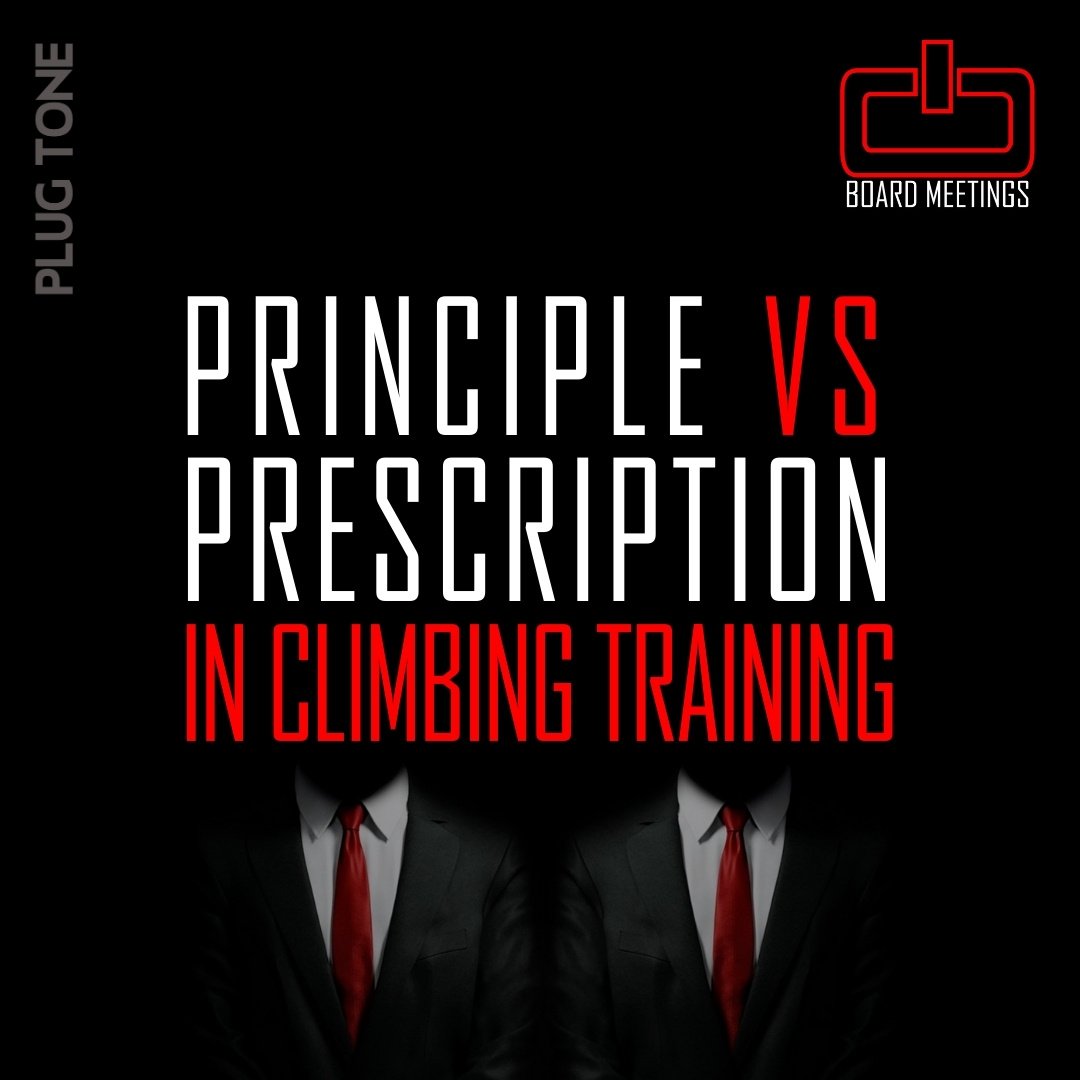
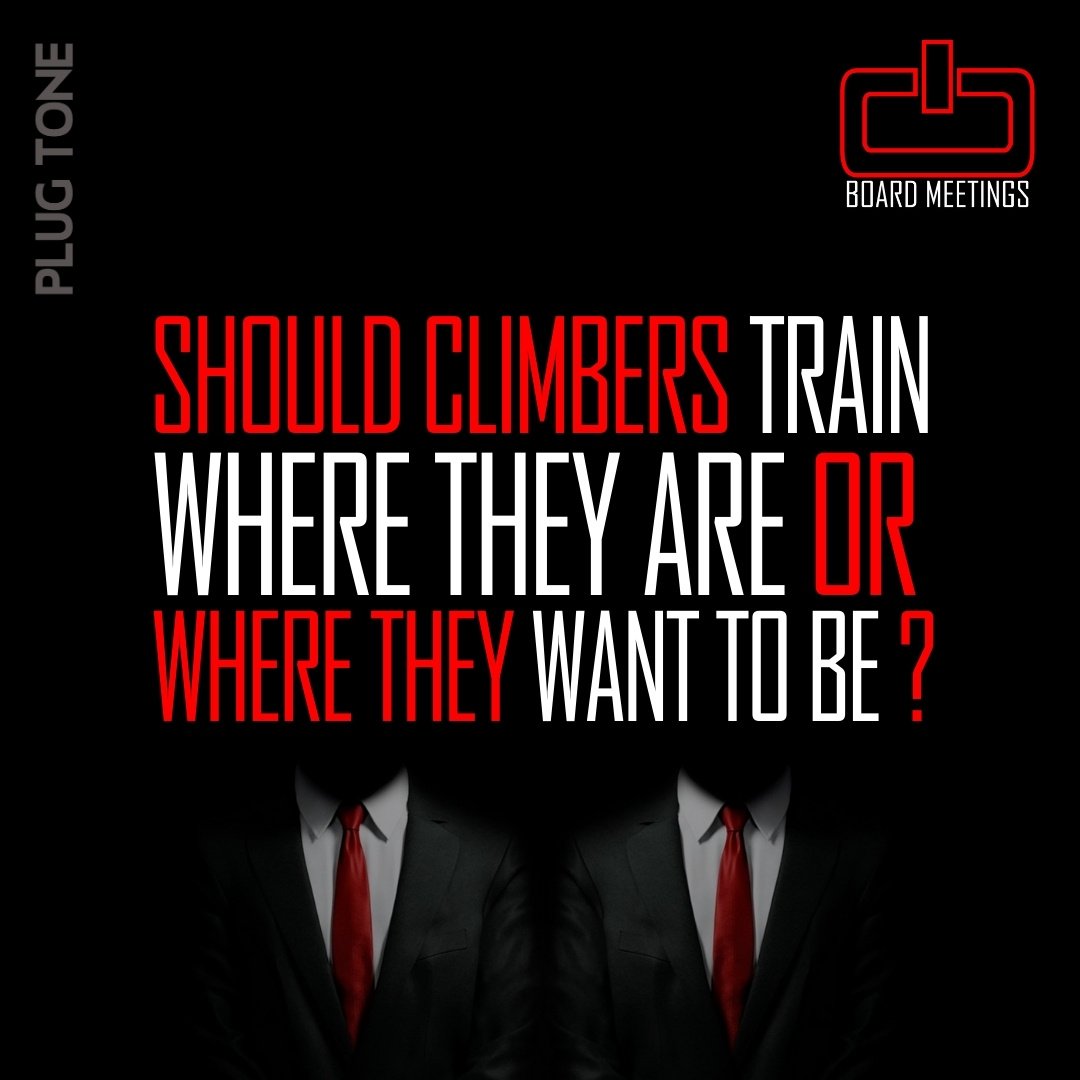


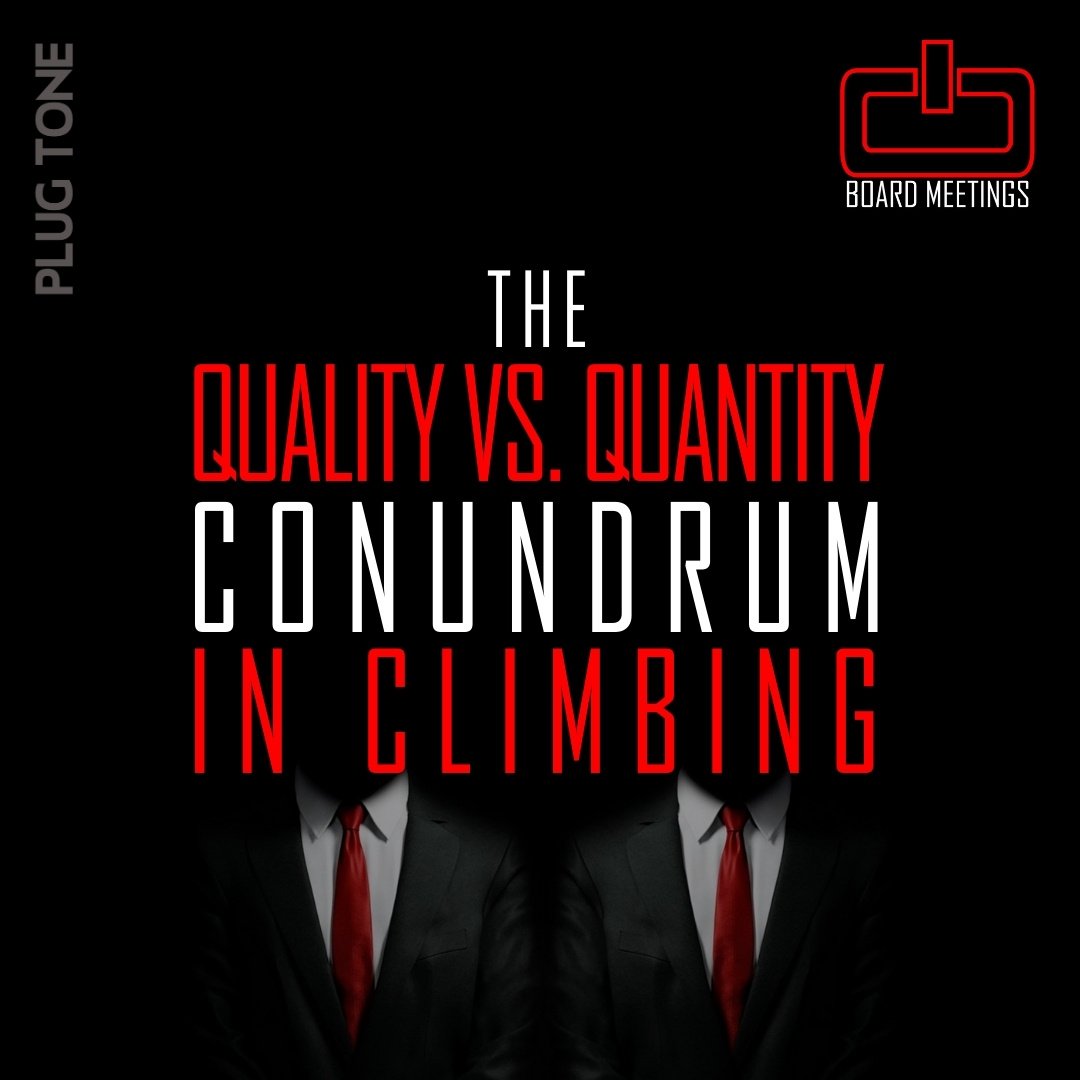
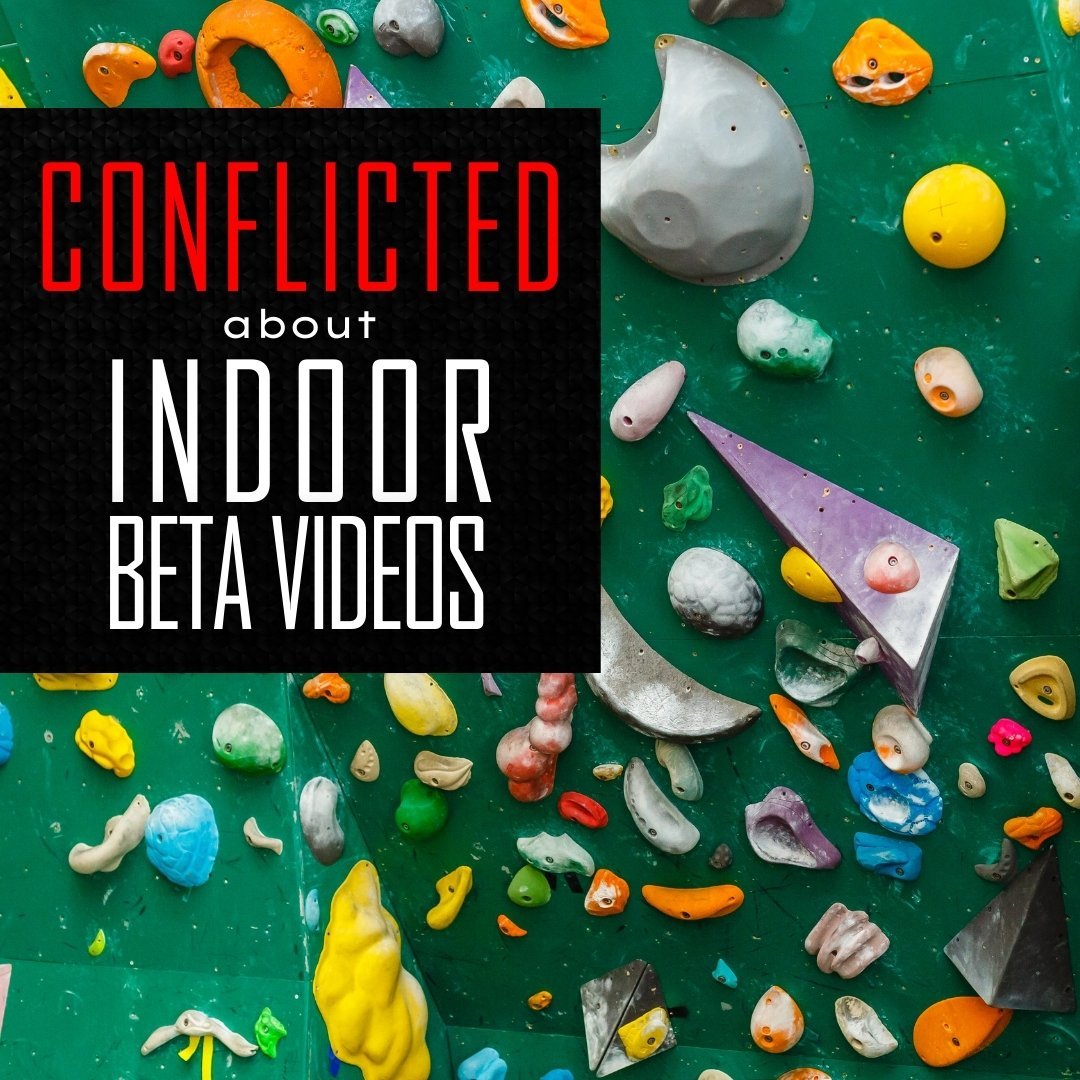
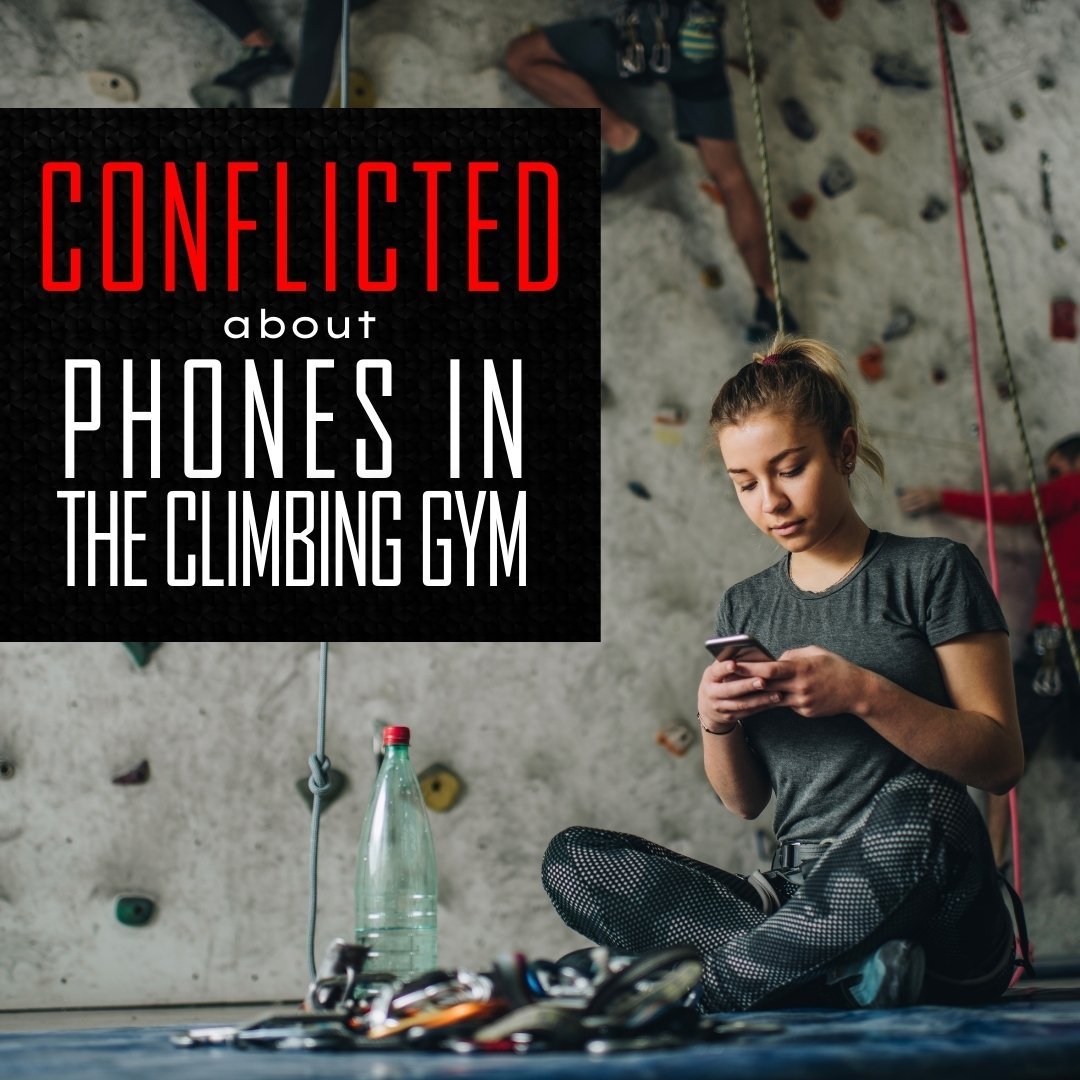
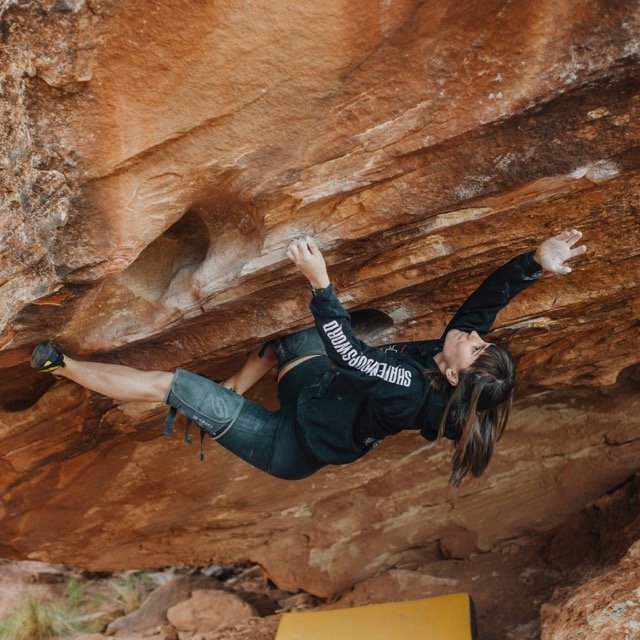

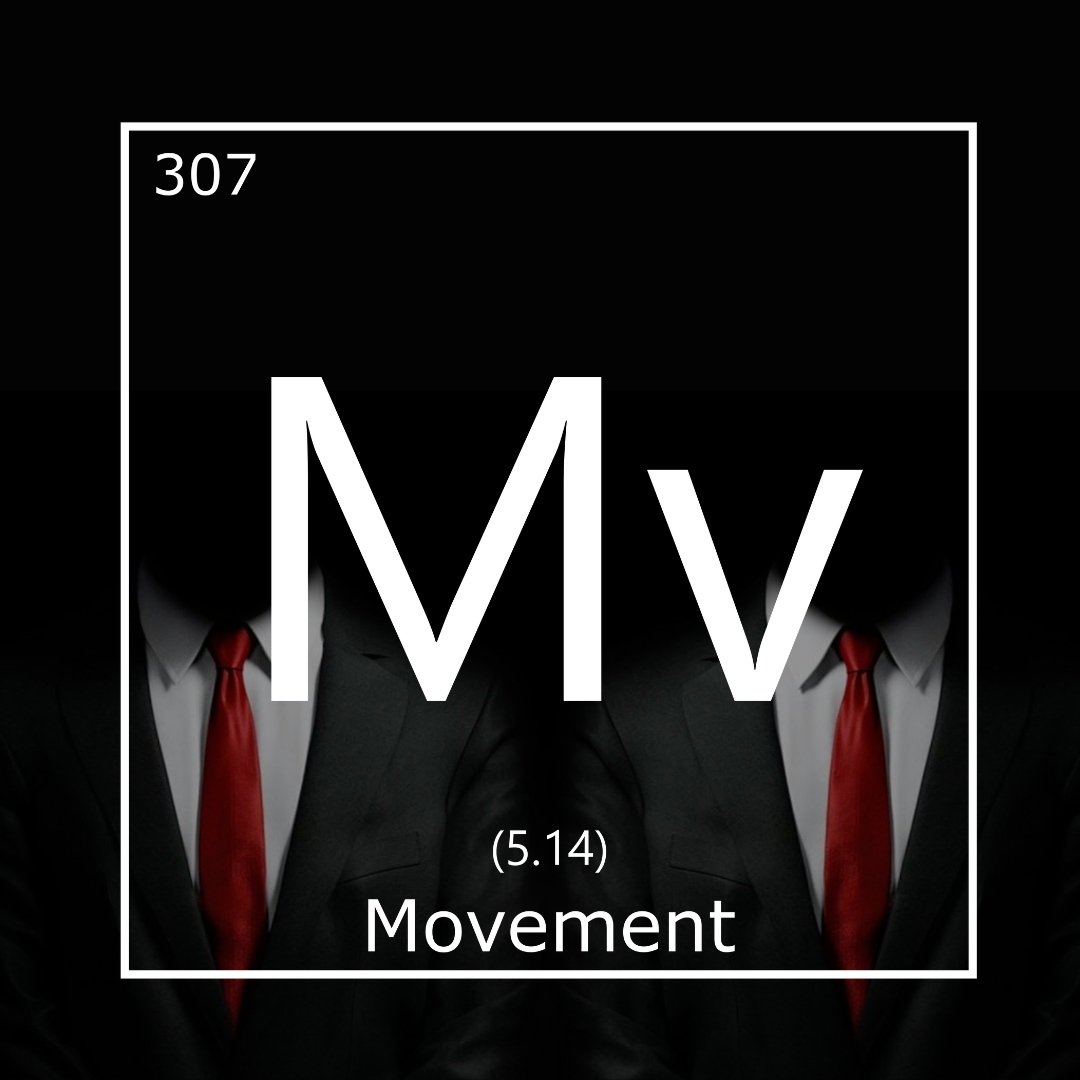
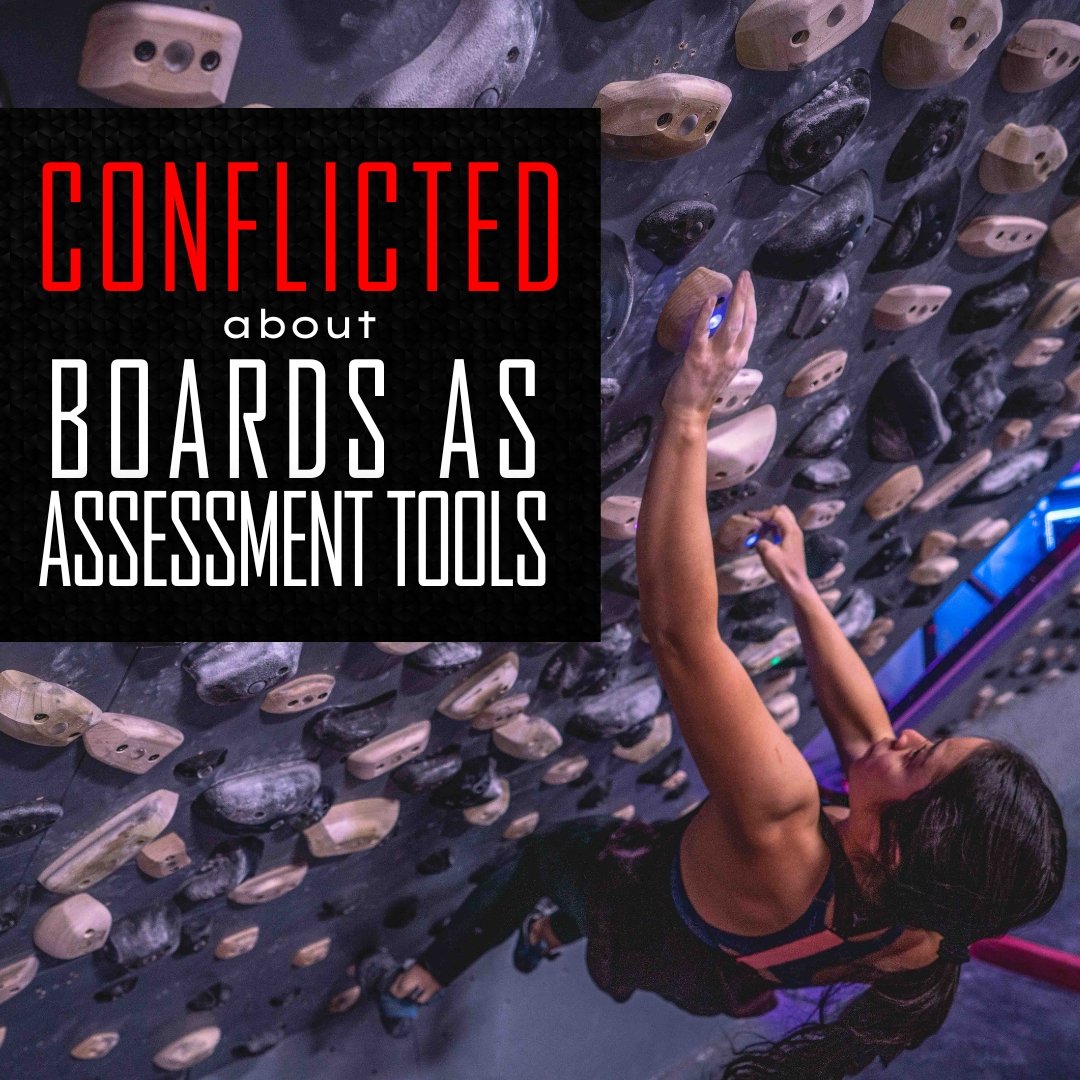
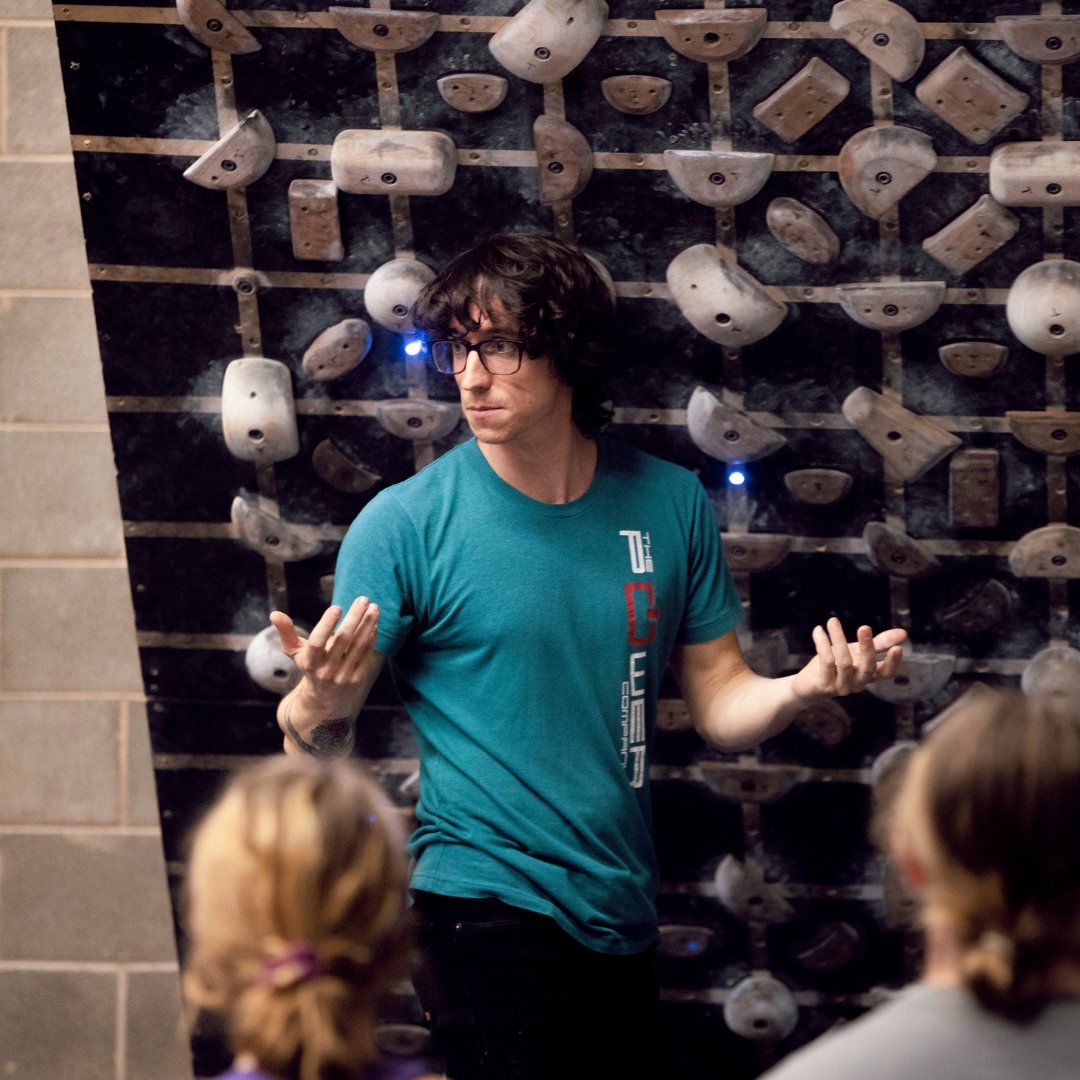
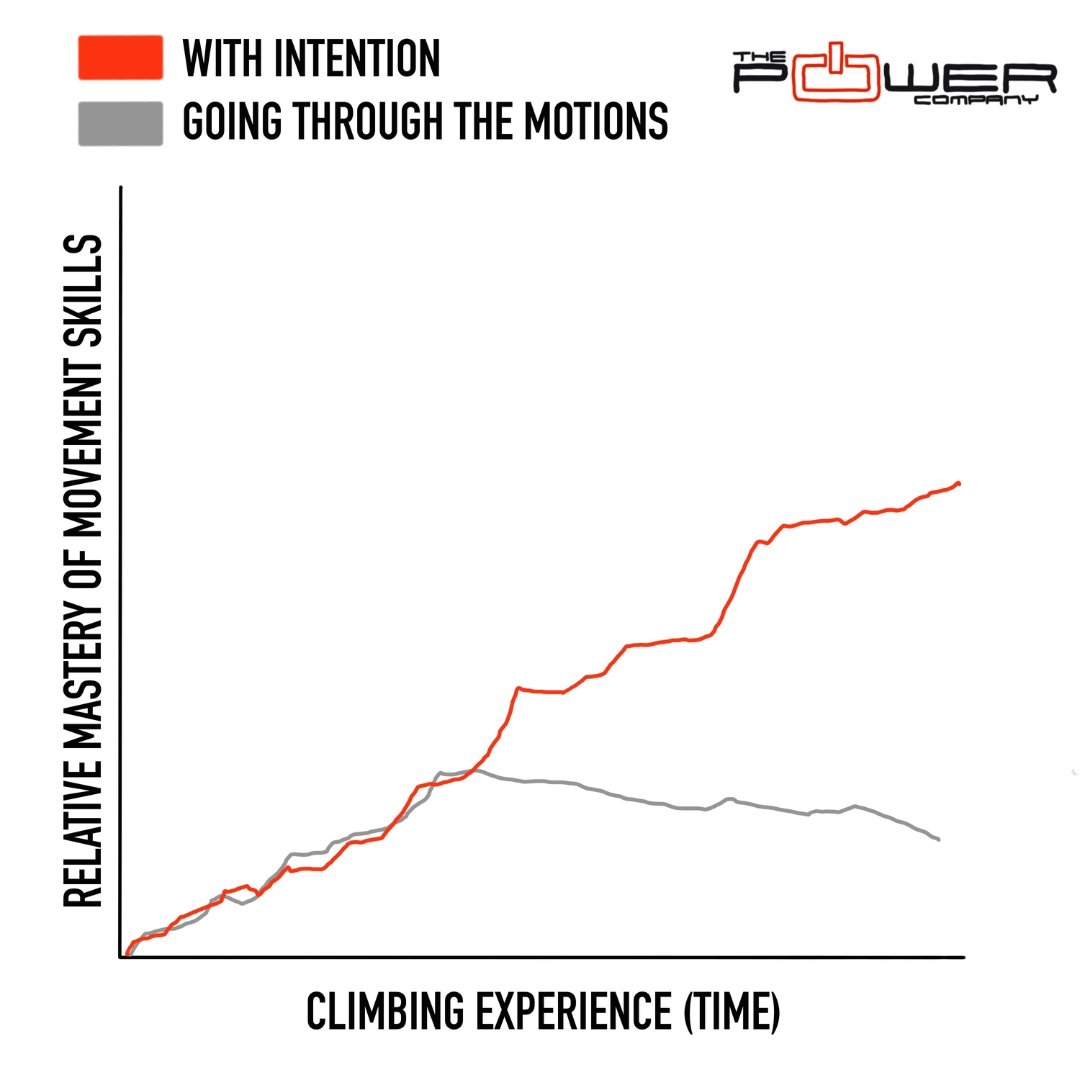




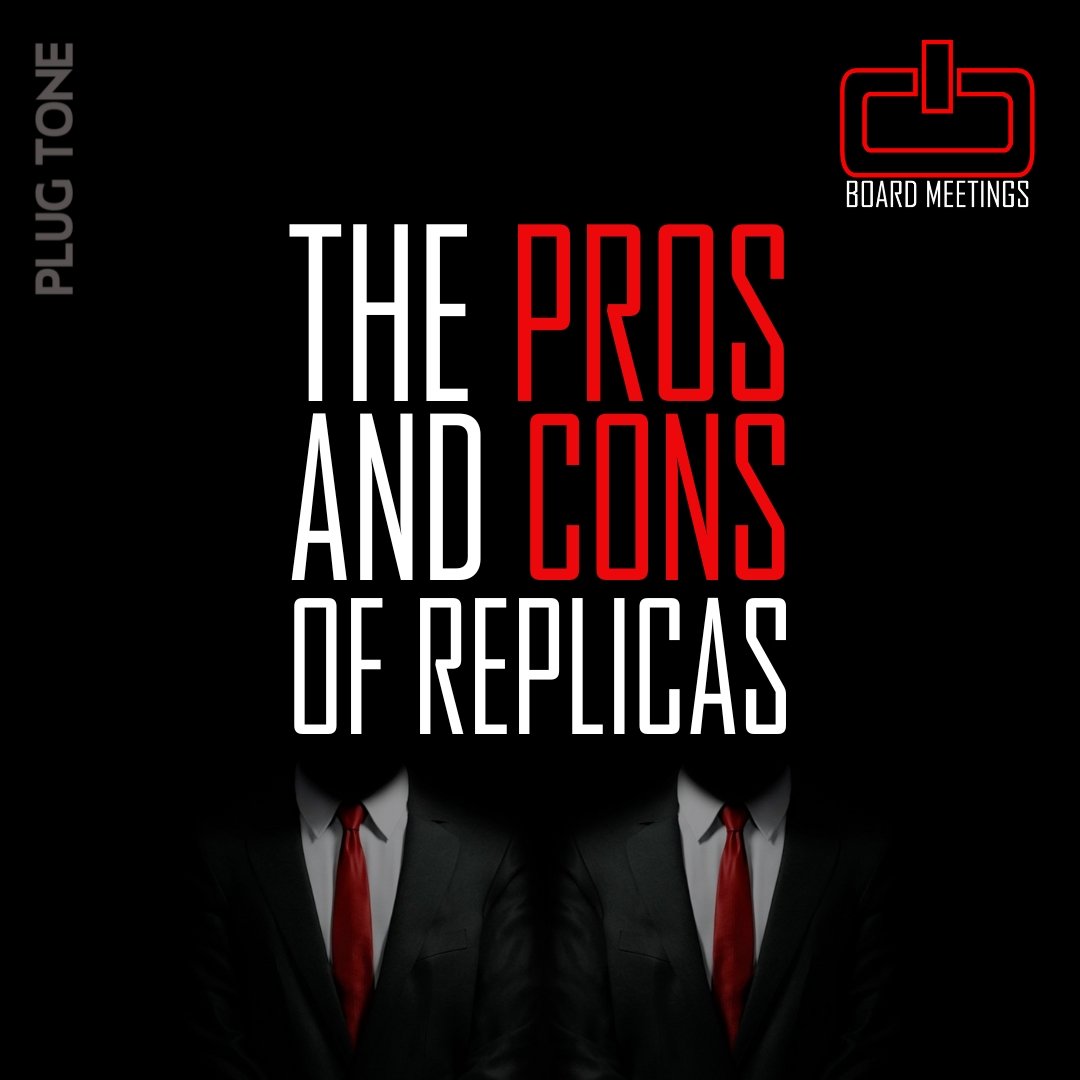


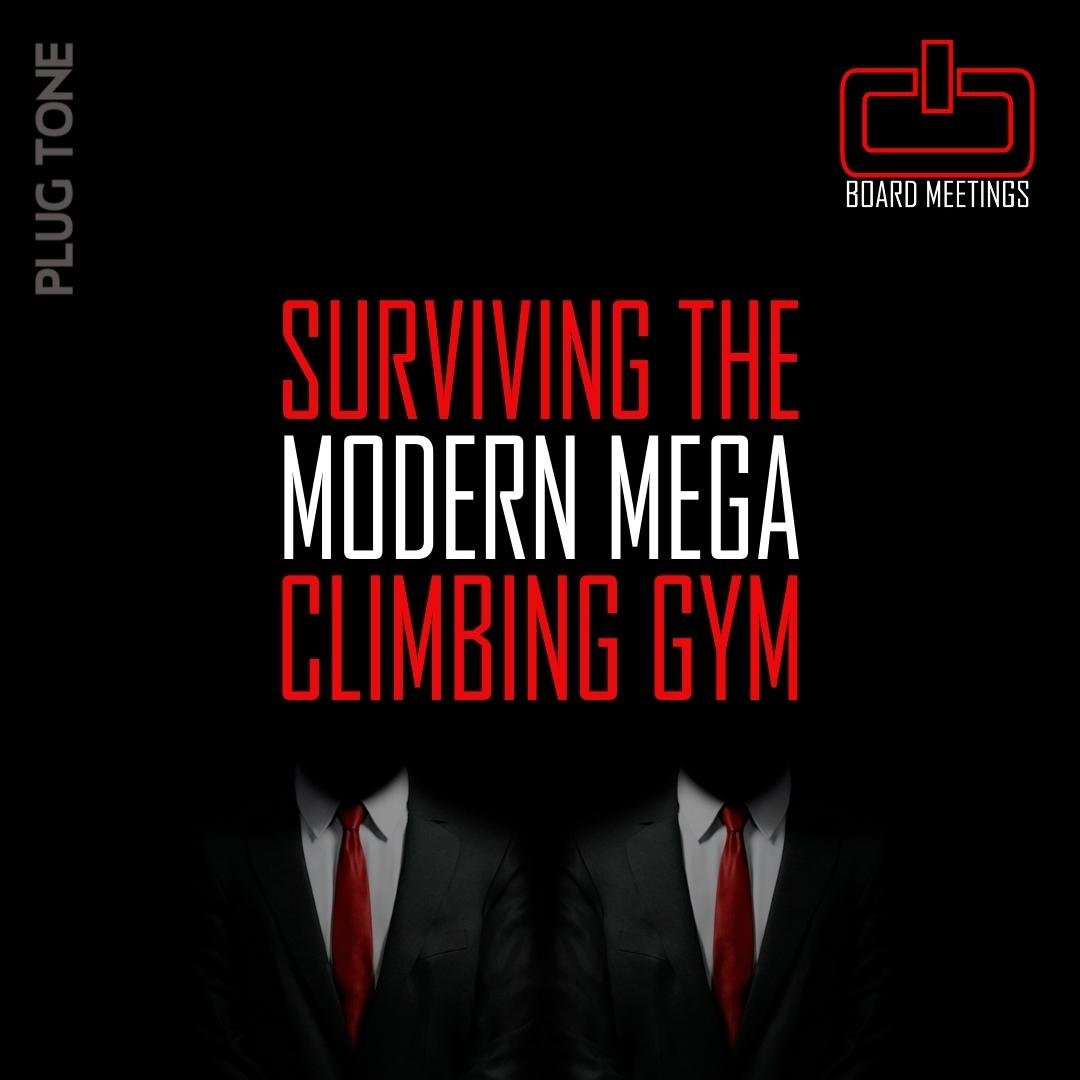


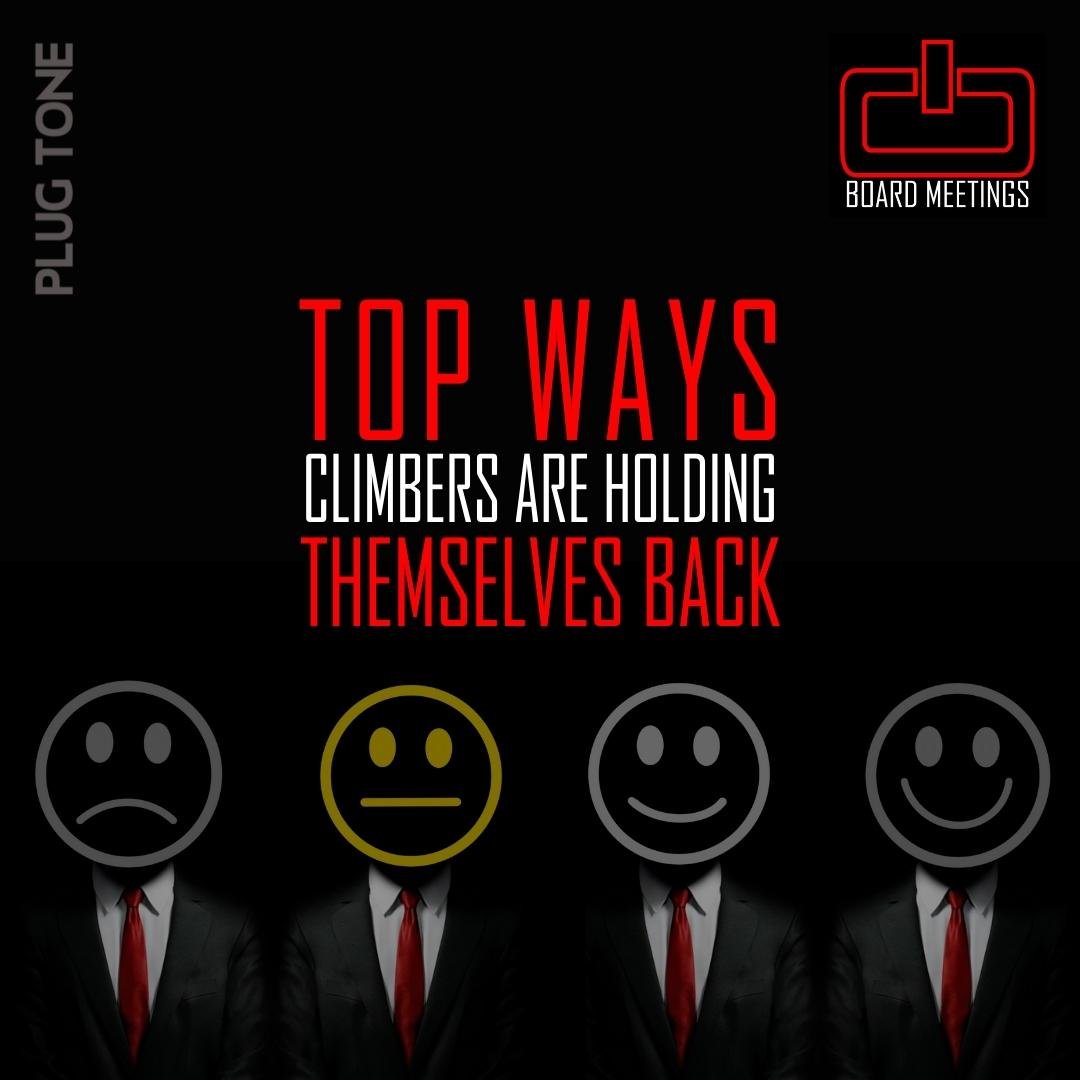




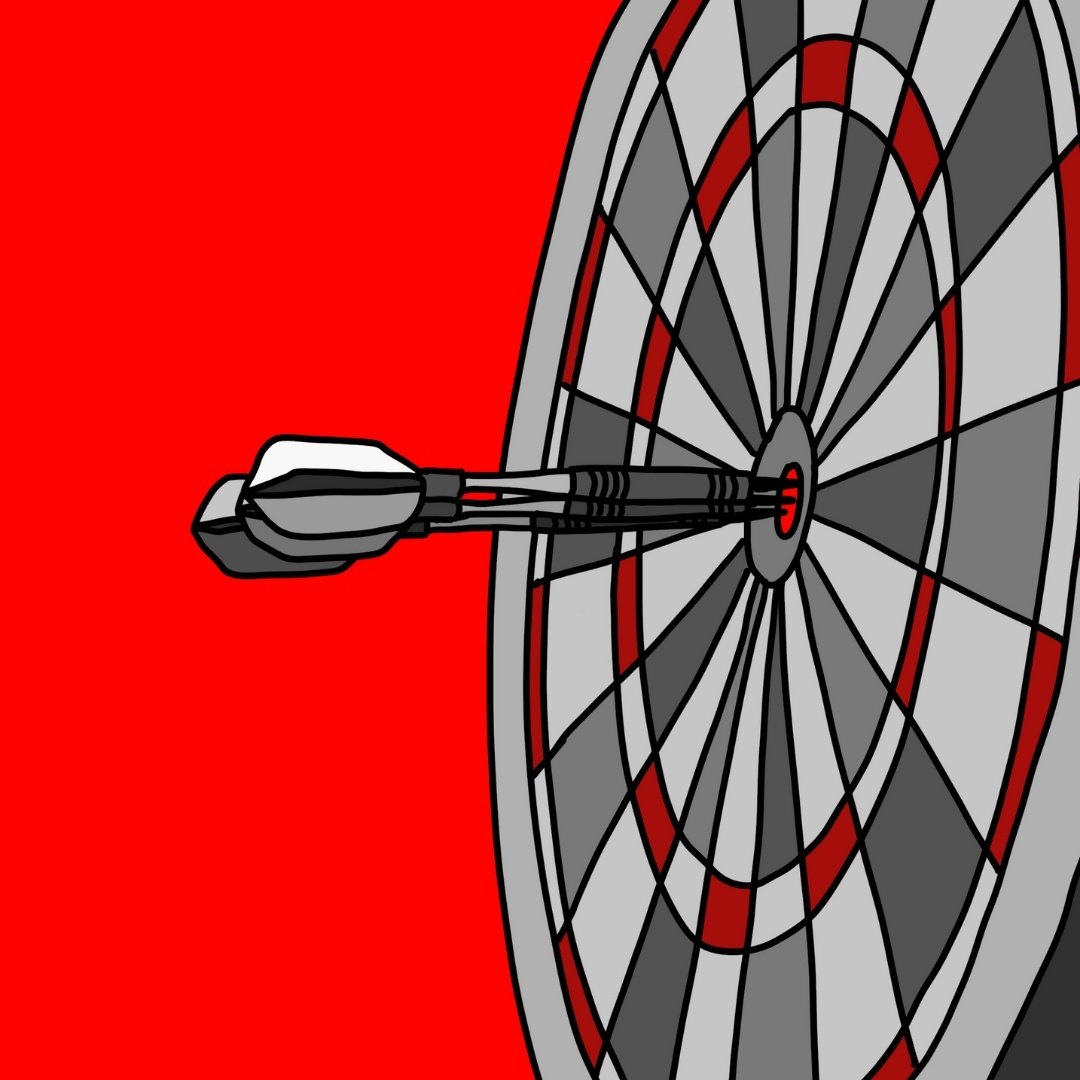


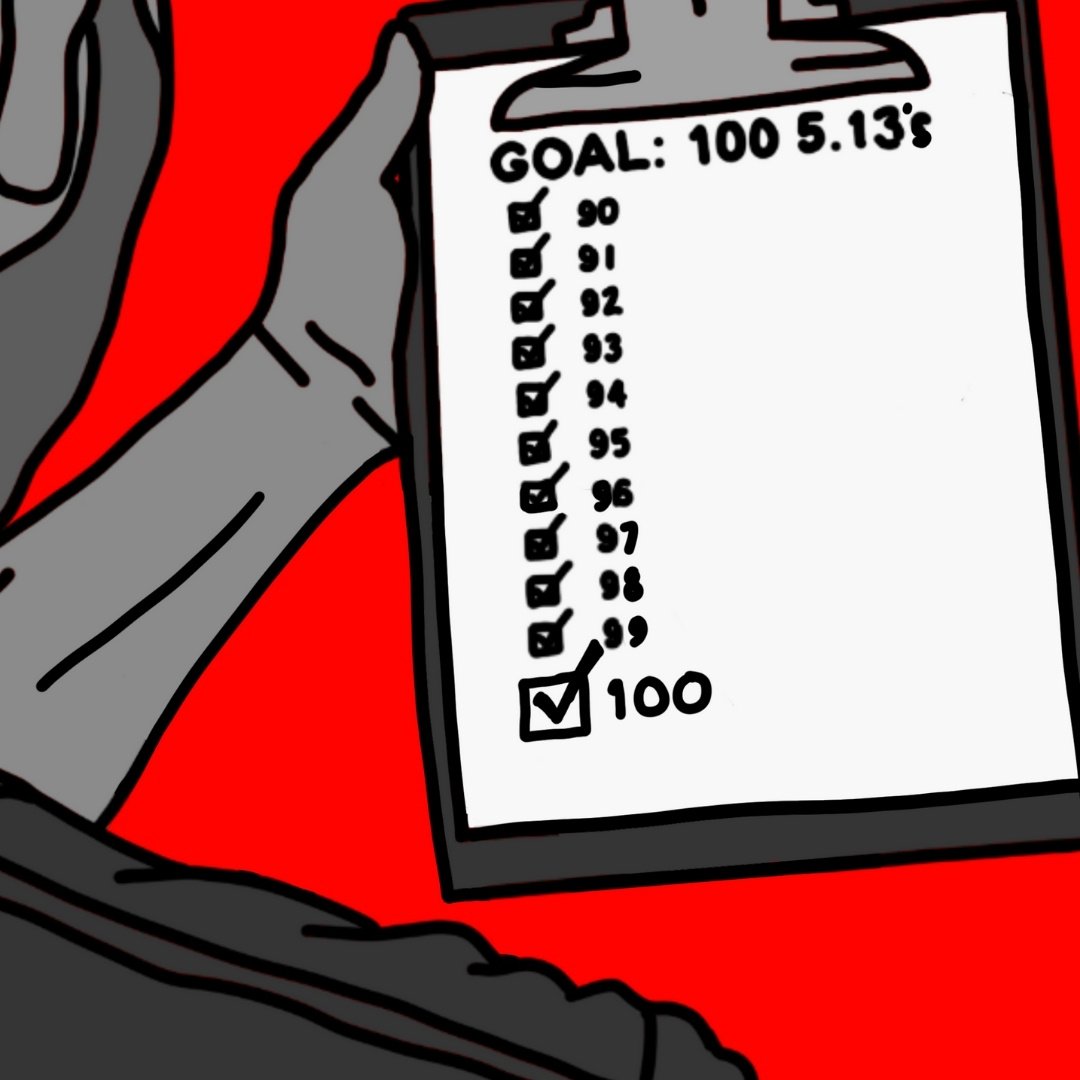
We are rarely in a position to take advantage of what we're physically capable of if we can’t shift our mindsets.